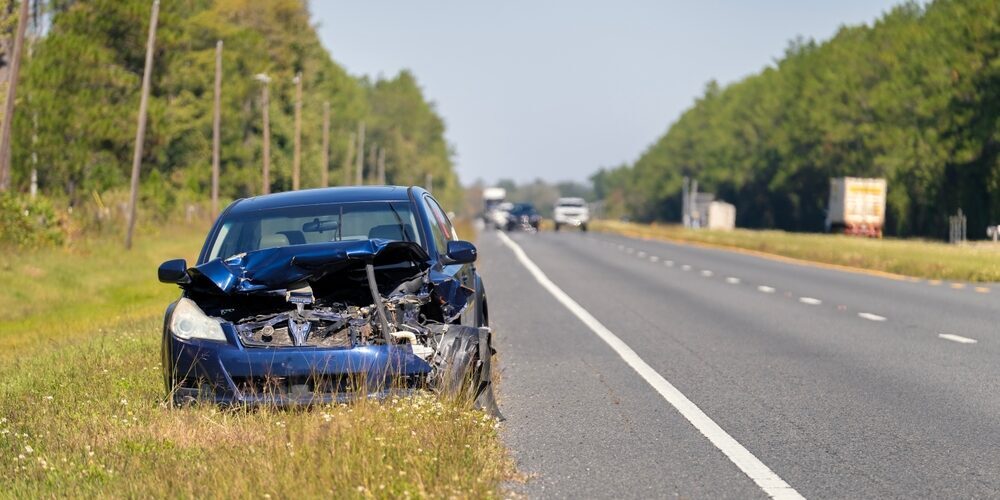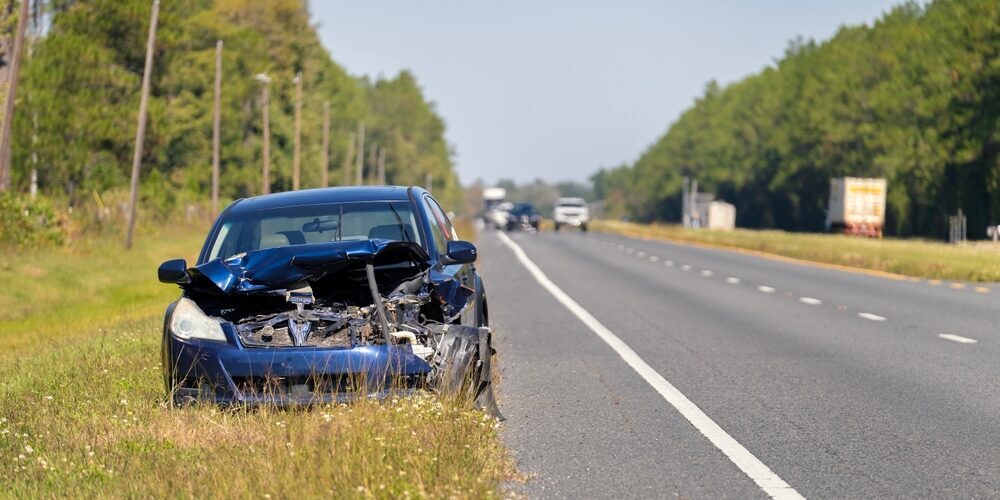

Accident Lawyer in Harrisburg, PA: What to Know After a Serious Injury Accident
Accident Lawyer in Harrisburg, PA Accidents happen every day in Harrisburg, Pennsylvania. From busy downtown intersections to high-speed highways surrounding...

Car Crash Attorney in Wilkes-Barre, PA: What to Know After a Serious Auto Accident
Car Crash Attorney in Wilkes-Barre, PA Car accidents are one of the leading causes of injury in Wilkes-Barre and across...

Truck Accident Lawyer in Shippensburg, PA — Local Legal Help After Serious Truck Crashes
Truck Accident Lawyer in Shippensburg, PA A truck accident in Shippensburg, Pennsylvania can change your life in seconds. Crashes involving...

Frederick Personal Injury and Accident Lawyers
Frederick Personal Injury and Accident Lawyers Navigating the aftermath of an accident can be overwhelming. You may face medical bills,...

Lea esto primero: Guía 2026 para Contratar un Abogado de Accidentes de Motocicleta en Harrisburg
Abogado de Accidentes de Motocicleta en Harrisburg, Pensilvania Los accidentes de motocicleta en Harrisburg pueden cambiar la vida de un...

Su Guía 2026 para el Abogado de Lesiones Cerebrales de Wilkes-Barre
Su guía 2026 para el abogado de lesiones cerebrales de Wilkes-Barre Una lesión cerebral puede cambiar una vida en un...
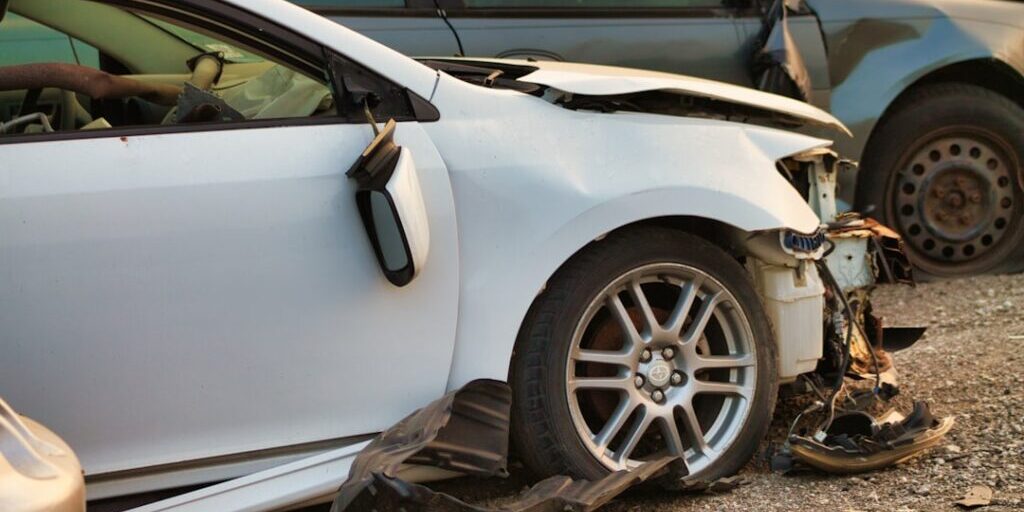
Abogado de Accidentes Automovilísticos en Frederick: Qué Hacer Después de un Accidente en las Carreteras de Maryland
Abogado de Accidentes Automovilísticos en Frederick, Maryland Los accidentes automovilísticos son una realidad cotidiana en Frederick, Maryland. Con una población...
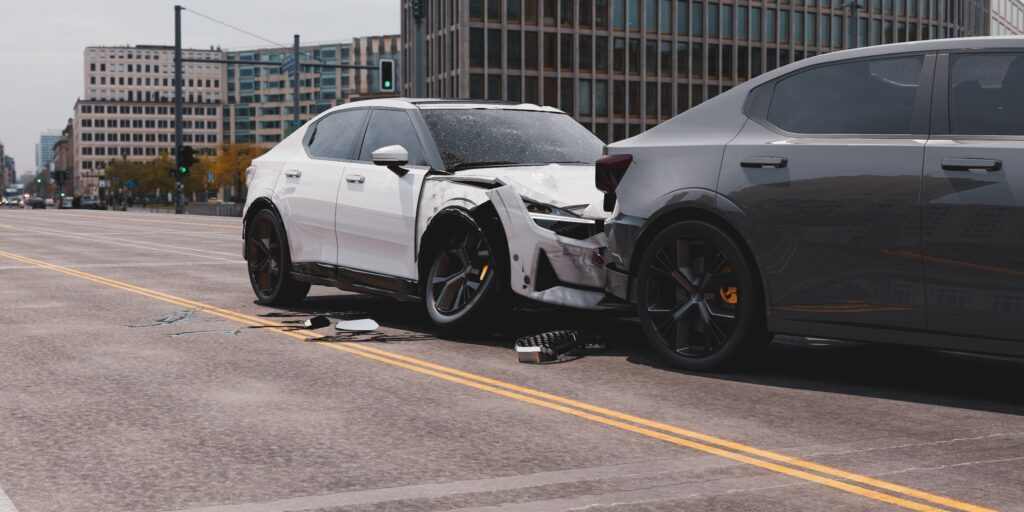
👉 Car Accident Attorney Frederick: What to Do After a Crash on Maryland Roads
Car Accident Attorney in Frederick, Maryland Car accidents are an everyday reality in Frederick, Maryland. With a growing population, busy...

Your 2026 Guide to Wilkes-Barre Brain Injury Lawyer
Your 2026 Guide to Wilkes-Barre Brain Injury Lawyer A brain injury can change a life in an instant. In Wilkes-Barre,...

Can You Sue? Slip & Fall Accident Lawyer in Harrisburg
Slip and Fall Lawyer in Harrisburg, Pennsylvania Slip and fall accidents happen every day in Harrisburg, often when people least...
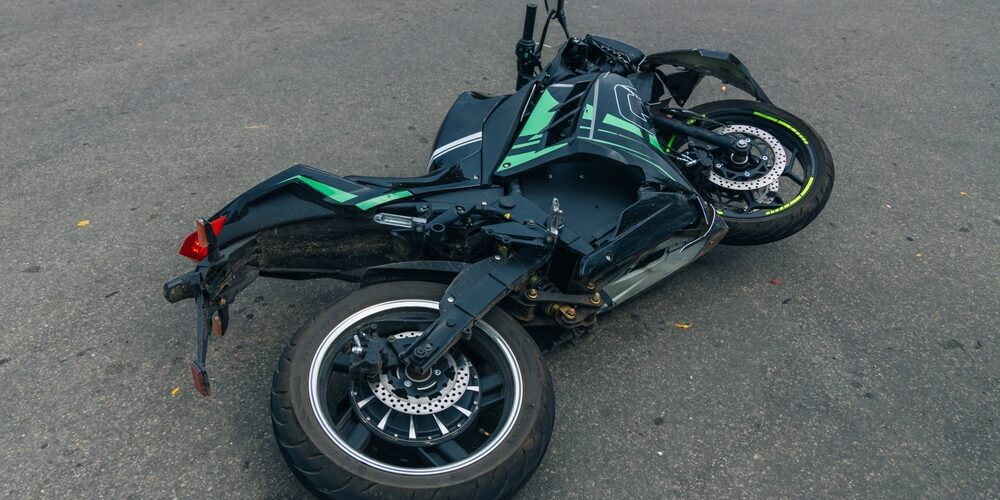
Read this First: 2026 Guide to Hiring a Motorcycle Accident Lawyer in Harrisburg
Motorcycle Accident Lawyer in Harrisburg, Pennsylvania Motorcycle accidents in Harrisburg can change a rider’s life in seconds. With little physical...
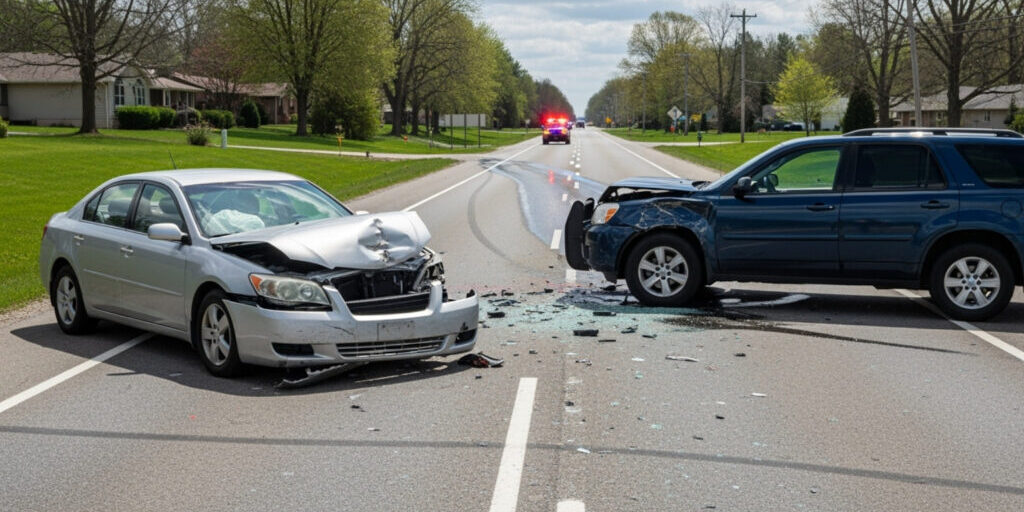
Car Accident Lawyer in Frederick, Maryland: A Local Guide for Injured Drivers (2026)
Car Accident Lawyer Frederick Maryland - a Local Guide A car accident can change your routine in seconds. One moment...

Car Accident Attorney in Harrisburg, PA: What to Do After a Crash (Local Guide for 2026)
Car crashes happen fast—and the stress afterward can feel like it drags on forever. If you’re searching for a car...

2026 FAQs About Slip and Fall Lawyers in Harrisburg, PA
Slip and fall accidents are more common than many people realize, especially in busy areas like Harrisburg where foot traffic,...

Personal Injury Lawyer Wilkes-Barre, Pennsylvania: What Injured Victims Need to Know
Accidents can change your life in seconds. One moment you’re driving down Market Street or commuting on I-81, and the...

Hiring the Right Personal Injury Attorney for Your Case in Pottsville
Why Finding the Right Personal Injury Attorney in Pottsville Changes Everything When you're searching for a personal injury attorney...

Wilkes-Barre Essential Legal Advice for Accident Victims
Why Getting Legal Advice After an Accident in Wilkes- Barre Can Make or Break Your Case When you need...

Understanding Drunk Driving Accident Impact in Shippensburg
The Scope and Scale of Impaired Driving Drunk driving accident incidents are among the most devastating and preventable tragedies on...
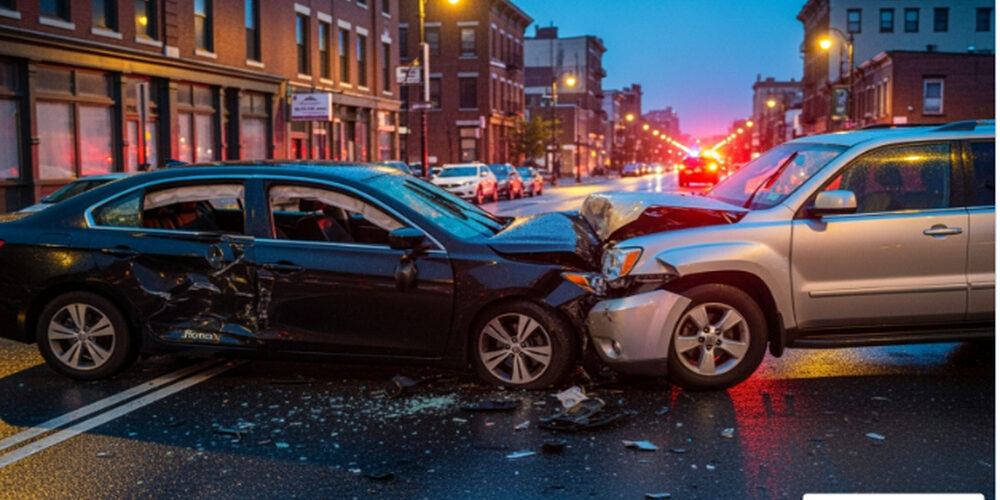
Steps to Take After an Uber/Lyft Accident in Harrisburg PA
When Rideshare Convenience Turns Into Crisis An Uber Lyft accident can happen to anyone, anywhere, turning what should be a...

Been Hurt at a Wilkes-Barre Construction Site?
Why Construction Site Injuries Can be Dangerous in Wilkes-Barre Construction site injury accidents are far too common and are among...

Falling Object-Personal Injury Lawyer in Wilkes-Barre
Every 10 Minutes, Another Worker Gets Hit: Understanding Falling Object Injuries in Wilkes-Barre A falling object injury occurs more often...

York PA Work Accident Compensation: What You Need to Know to Get Paid
Why Work Accident Compensation Matters When You're Injured Work accident compensation is a safety net that protects you when the...

Wilkes-Barre Lawyer: Understanding Workers’ Comp Attorney Costs
Why Understanding Workers' Comp Attorney Costs Matters How much does a workers' comp attorney charge is one of the first...

Don’t Wait: How to Find the Right Elder Abuse Attorney in Frederick
Why Elder Abuse Cases Require Immediate Legal Action Families need immediate help protecting vulnerable loved ones from harm. Elder abuse...

Beyond the Lock: Understanding Negligent Security and Your Legal Options in Harrisburg
Your Right to Safety: When Property Owners Fail to Protect You A negligent security lawyer helps victims of violent crimes...
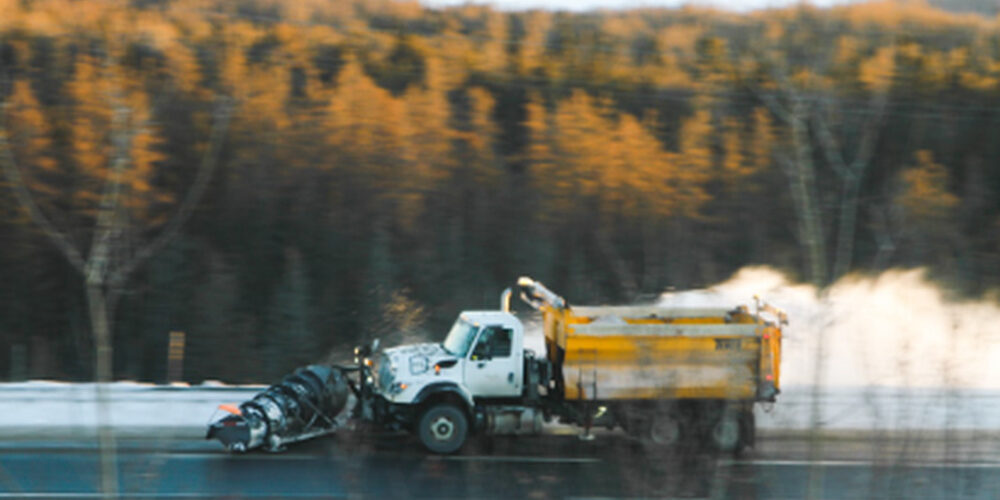
Truck Accident Lawyer in Wilkes-Barre PA
The Alarming Reality of Collisions with Large Trucks When a heavy truck accident occurs, the consequences are often catastrophic specially...
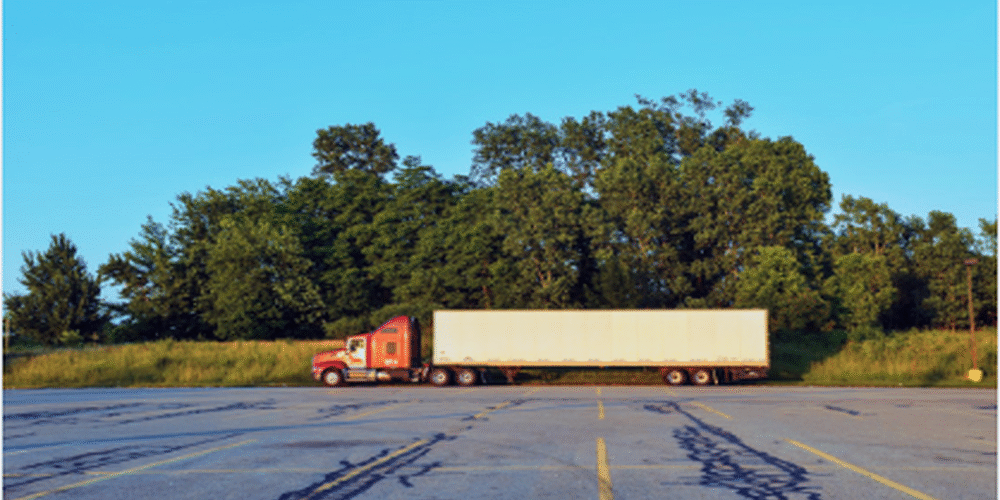
Truck Collisions: What to Do If You’re Involved in a Collision
Understanding the Serious Nature of Truck Collisions Being hit by a truck is a life-changing event that requires immediate action...
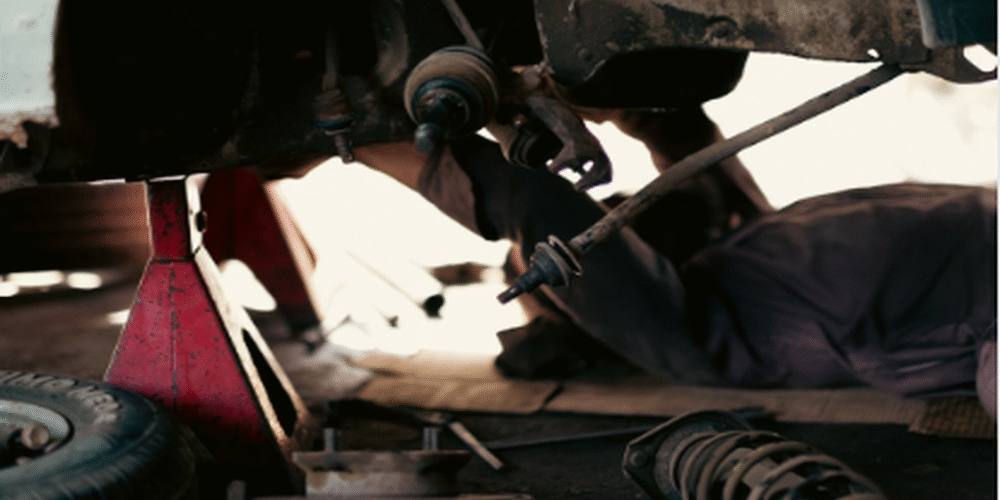
Common Causes of Truck Brake Failure in Lancaster
Why Truck Brake Failure is a Critical Safety Concern Truck brake failure represents one of the most dangerous mechanical issues...

Do You Need a Dog Bite Lawyer? A Guide for Victims in Harrisburg
Why Getting Legal Help After a Dog Bite Matters Should I get a dog bite lawyer if a dog bites...
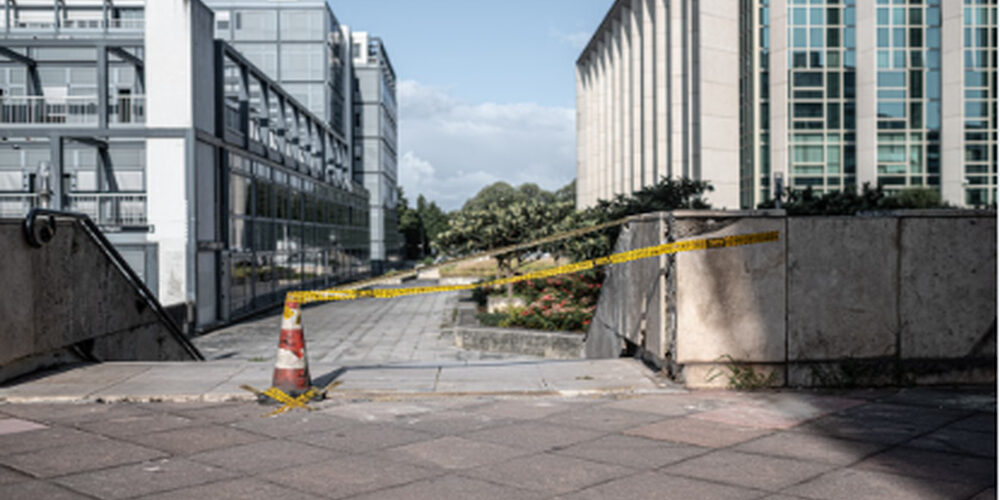
Stepping Up: Your Guide to Premises Liability Accidents in Harrisburg
Understanding Premises Liability Accidents: When Property Owners Are Responsible A premises liability accident occurs when someone is injured on another...

Need a Lawyer for a Dog Bite? We’ve Got You Covered
Why You Need Legal Help After a Dog Bite Lawyers that handle dog bites can help you recover compensation...
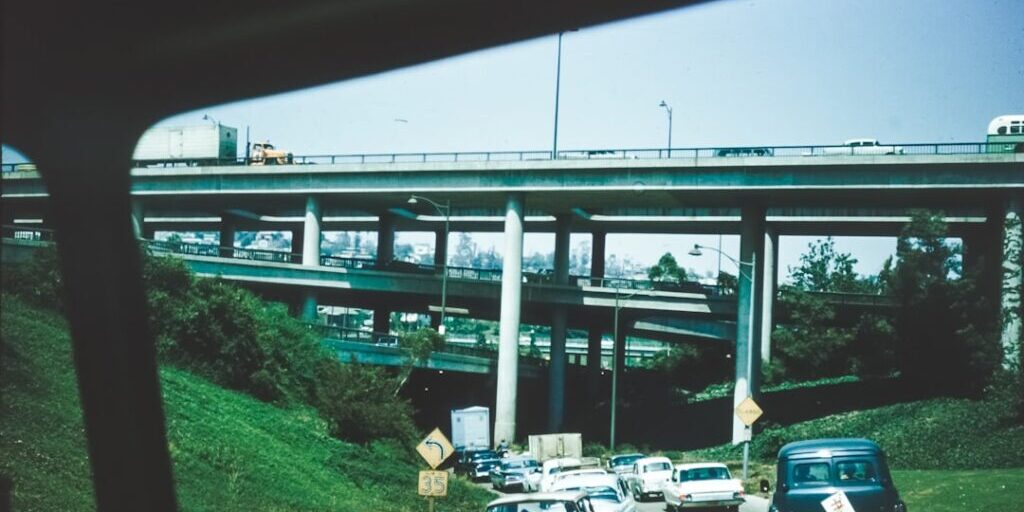
Stay Informed: Finding Car Accidents Reports and Live Crash Data in York and Beyond
Why Staying Informed About Car Accidents in York County Matters When you need information about a car accident York PA,...

Claim Your Due: What You Need to Know About Accident Compensation
Why Understanding Accident Compensation Claims Matters An accident compensation claim can provide financial recovery when someone else's negligence causes you...

Unpacking the Role: What Does a Workers’ Compensation Lawyer Do?
What does a workers compensation lawyer do: 5 Crucial Roles Understanding What a Workers' Compensation Lawyer Does for Injured Workers...

Full Tort or Limited Tort in PA: Make the Smart Choice
Pennsylvania Full Tort vs Limited Tort: Smart 2025 Guide Why Your Pennsylvania Auto Insurance Choice Matters More Than You Think...

Demystifying PA Injury Claims: Your Rights and Next Steps
Pennsylvania injury claim: Essential 2025 Guide Understanding Pennsylvania Injury Claims: Your Legal Rights and Deadlines If you've been injured in...
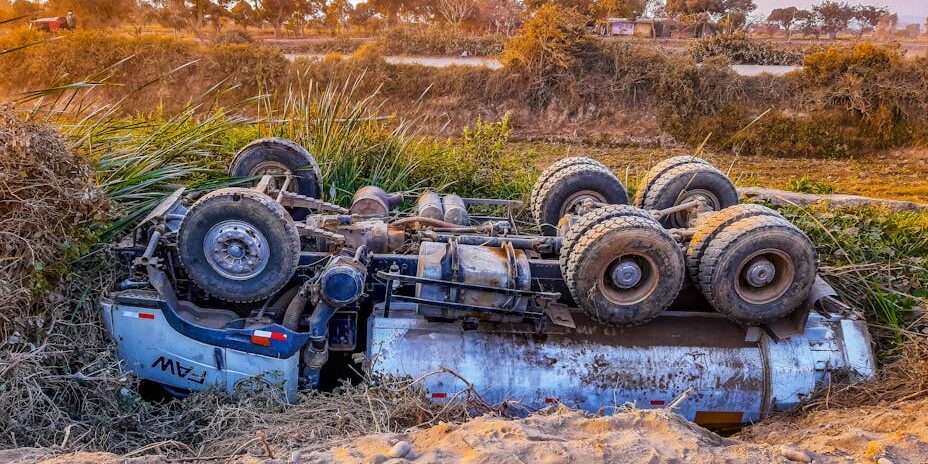
Big Rig Wreck? Get the Right PA Truck Accident Attorney
PA truck accident lawyer: Get Justice in 2025! Why Pennsylvania Truck Accidents Require Immediate Legal Action If you're injured in...
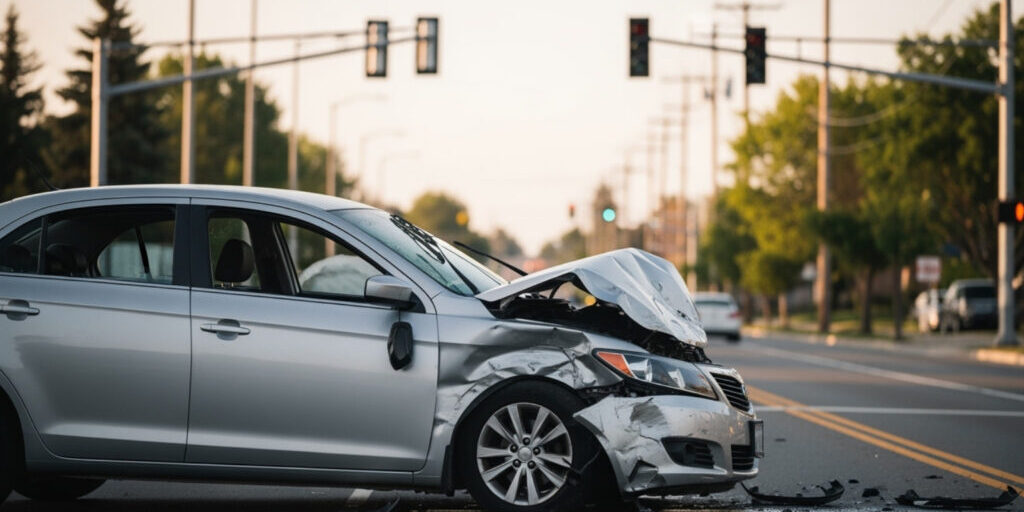
Crash Course: How to Pick a Williamsport Car Accident Attorney
Williamsport Car Accident Lawyer: 10 Reasons Why Navigating the Aftermath of a Collision If you need a williamsport car accident...

Williamsport’s Roads: A Look at Motorcycle Accident Trends
Williamsport Motorcycle Accident: 29x Danger Understanding Motorcycle Accident Trends in Central Pennsylvania A Williamsport motorcycle accident can happen in an...
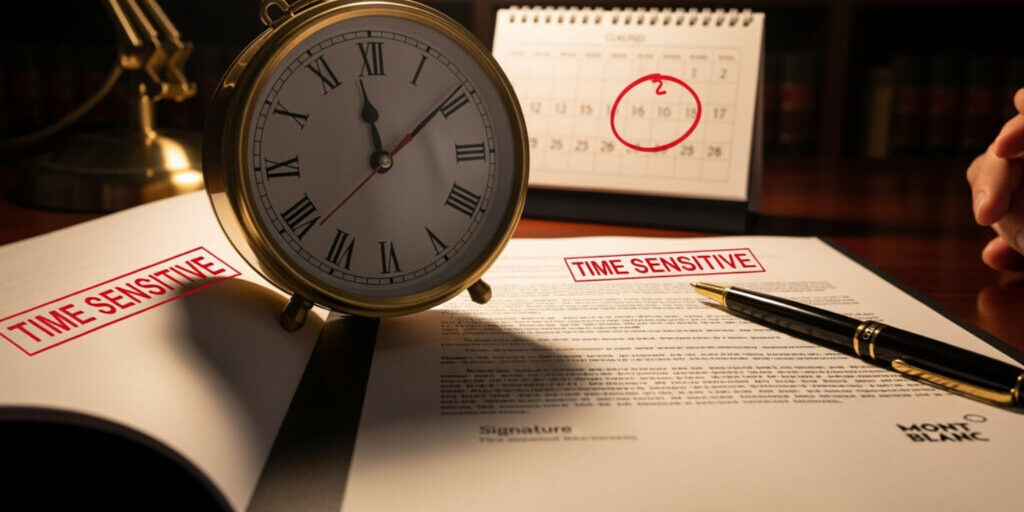
PA Personal Injury: Don’t Miss Your Window to File
Personal Injury Statute of Limitations Pennsylvania: 2-Year Deadline Why Pennsylvania's Personal Injury Filing Deadlines Matter So Much The personal injury...

Demystifying Full and Limited Tort: A Simple Guide
Difference between full tort and limited tort: Essential 101 Why Understanding Pennsylvania's Tort Options Matters The difference between full tort...

Don’t Miss the Deadline: Understanding Pennsylvania’s Statutes of Limitations
Pennsylvania statute of limitations 2025: Don't Miss! Why Pennsylvania's Legal Deadlines Matter for Your Case Pennsylvania statute of limitations laws...

Choosing Your Coverage: A Deep Dive into PA’s Full and Limited Tort
Full Tort vs Limited Tort PA: Don't Make 1 Mistake Why Pennsylvania Drivers Face a Critical Insurance Choice When you...

PA Full Tort: The Freedom to Sue for Full Damages
Full tort coverage PA: 1 Key to Full Compensation Why Understanding Full Tort Coverage Matters for Your Financial Security Full...

Your Guide to Securing Top Lawyers for Emotional Distress Claims
Lawyers for emotional distress: Win Justice 2025 Why Emotional Distress Claims Matter for Your Recovery Lawyers for emotional distress help...

PA Medical Malpractice: Don’t Let Time Run Out on Your Claim
Statute of limitations for medical malpractice in pennsylvania 2025 Navigating Pennsylvania's Medical Malpractice Deadlines The statute of limitations for medical...

Navigating PA’s Limited Tort: When Can You Still Sue?
Can you sue with limited tort in PA: Ultimate 2025 Guide When Pennsylvania's Limited Tort Still Allows You to Sue...
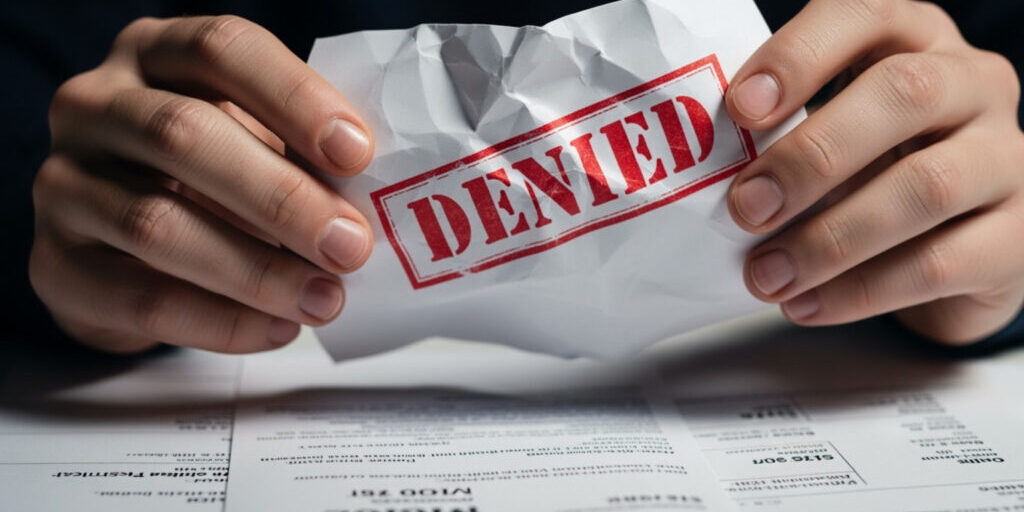
Navigating a Denied Workers’ Comp Claim: What You Need to Know
When Your Workers' Compensation Claim Gets Rejected A denied workers comp claim can be devastating, but a denial is...

Your Guide to Repetitive Strain Injury Compensation Claims
Navigating Your Repetitive Strain Injury Claim If you're dealing with a repetitive strain injury (RSI) that resulted from your...

Accident at Work: A Guide to Your Compensation Claim
When Workplace Accidents Happen: Understanding Your Need for Legal Support Workers' comp lawyers assist injured employees with complex compensation...

Can Your Repetitive Strain Injury Get Workers’ Comp? The Answer Might Surprise You
Understanding Your Rights: Repetitive Strain Workers' Comp Are Repetitive Strain Injuries (RSIs) covered by workers' compensation? Yes, in Pennsylvania...
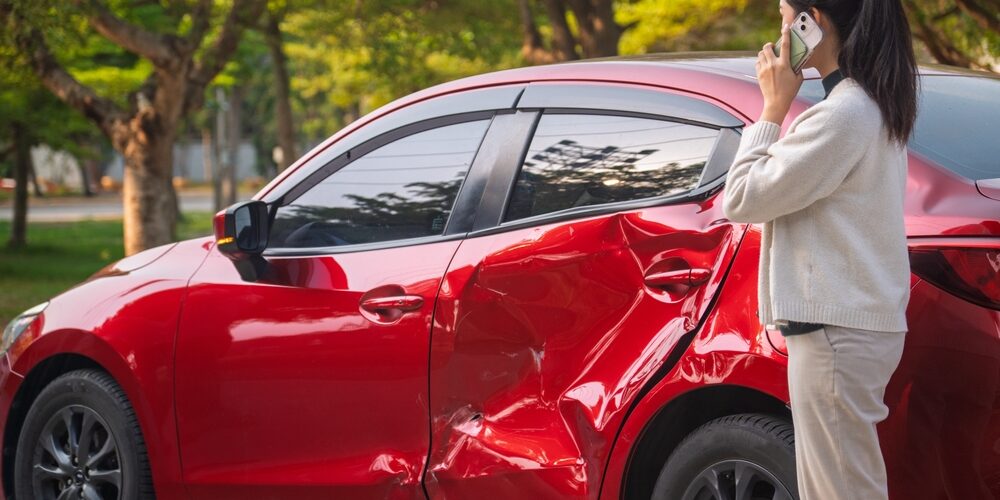
Crash-Tested: Top Auto Injury Lawyers You Can Trust
Why an Auto Injury Lawyer Matters After a Crash After a car accident, the path forward can seem overwhelming....

Beyond the Ache: Understanding Repetitive Motion Injuries
Explaining Repetitive Motion Injuries A persistent ache or numbness after performing the same task repeatedly could be a repetitive...

Lancaster PA Car Accident Lawyers Who Drive Results
Facing a Car Accident in Lancaster, PA If you've been in a crash, finding automobile accident lawyers lancaster pa...
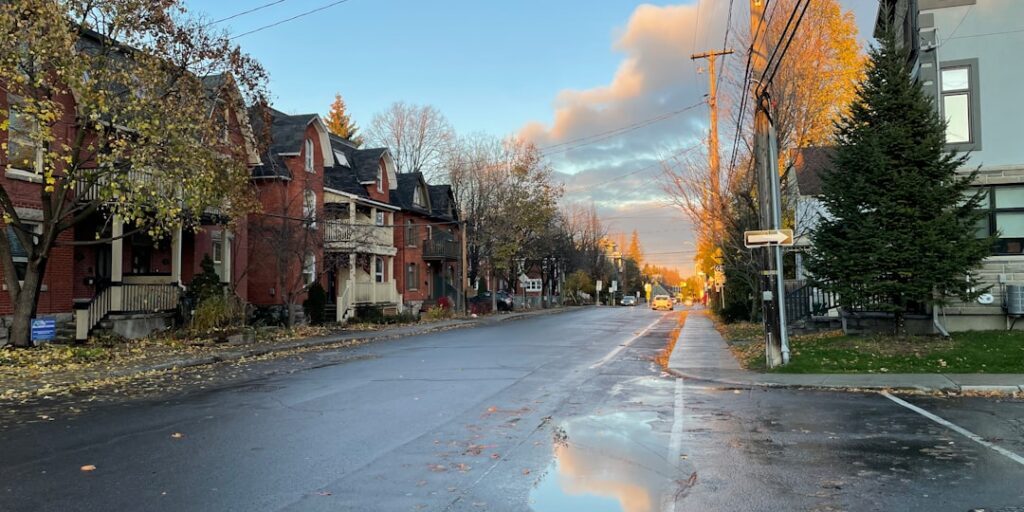
Crash & Counsel—Finding Your Lancaster Car Accident Attorney
Navigating the Aftermath: Why a Lancaster Car Accident Attorney is Important If you or a loved one has been...
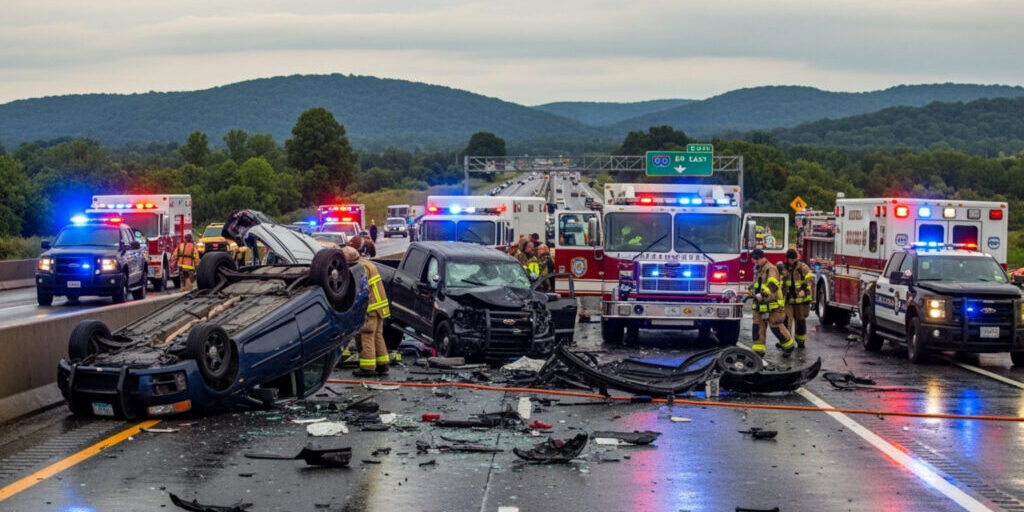
Steer Clear of Trouble with These Vehicle Accident Lawyers in PA
Why Pennsylvania Drivers Face Daily Accident Risks If you need accident lawyers in pa, you're likely facing a challenging...
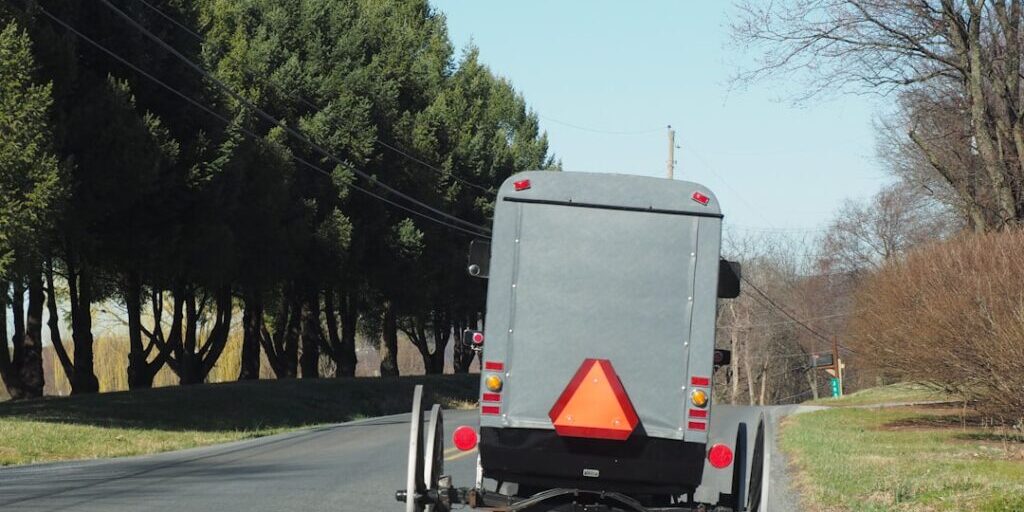
Drive Safe, Lawyer Up—Lancaster PA’s Best Auto Accident Attorneys
Navigating Auto Accidents in Lancaster, PA If you're looking for an Auto accident attorney Lancaster PA, you should know...
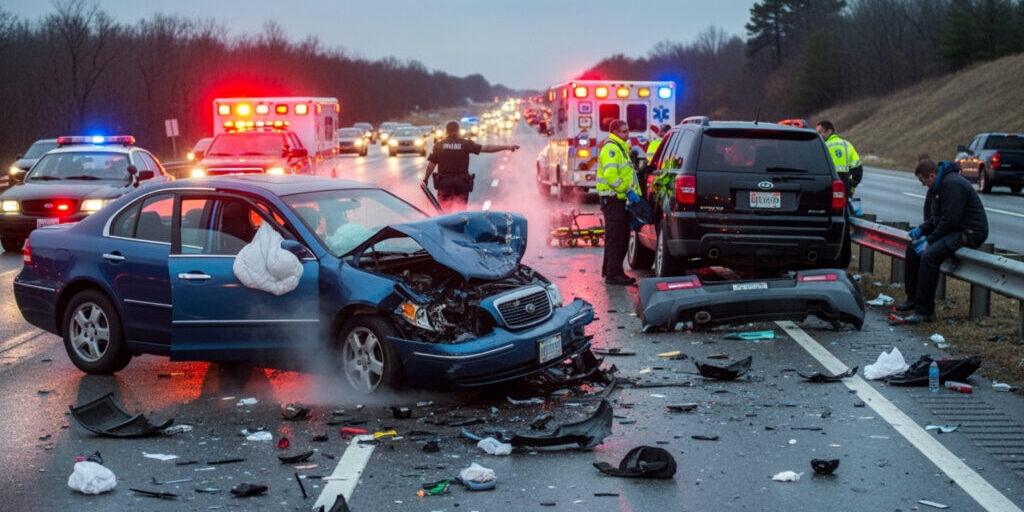
Steering Clear of Trouble with Trusted Car Accident Attorneys
Navigating the Aftermath: How Car Accident Attorneys Help When you're recovering from a car crash, facing injuries and medical...

Pittsburgh Auto Accident Attorneys – Your Roadmap to Recovery
Why Pittsburgh Auto Accident Attorneys Are Critical for Your Recovery Finding the right Pittsburgh auto accident attorneys is crucial...

Metzger Wickersham Sponsors I-105’s Fallfest
(June 16, 2025, Harrisburg, PA) - Metzger Wickersham is thrilled to once again sponsor I‑105 FallFest—Lancaster County’s biggest one‑day country...

Your Roadmap to Hiring a Harrisburg Pedestrian Accident Lawyer
Why Finding a Harrisburg Pedestrian Accident Attorney Matters for Your Recovery A Harrisburg pedestrian accident attorney can help you...
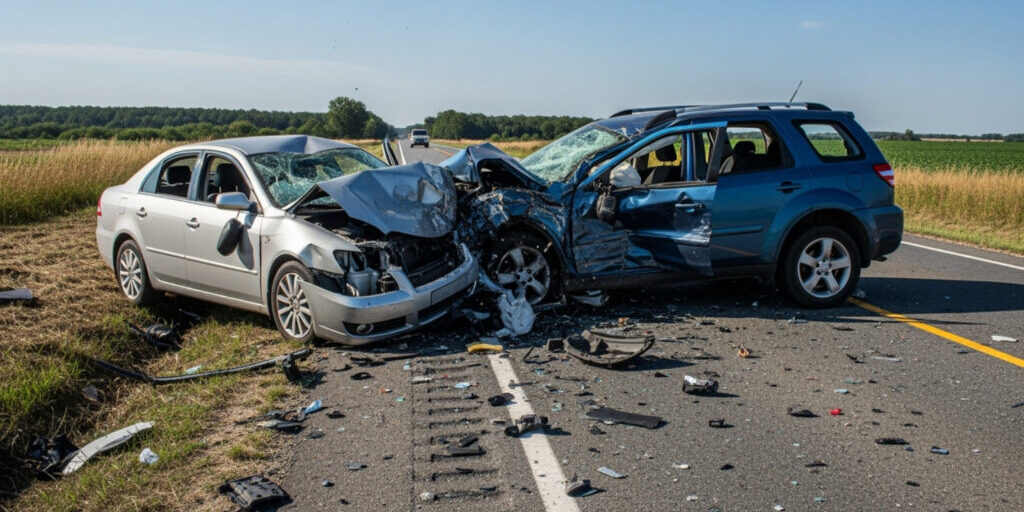
Lancaster’s Injury Lawyers Turning Car Accident Pain into Gain
Why Lancaster Car Accident Victims Need Legal Representation When you're hurt in a car accident in Lancaster, finding the...
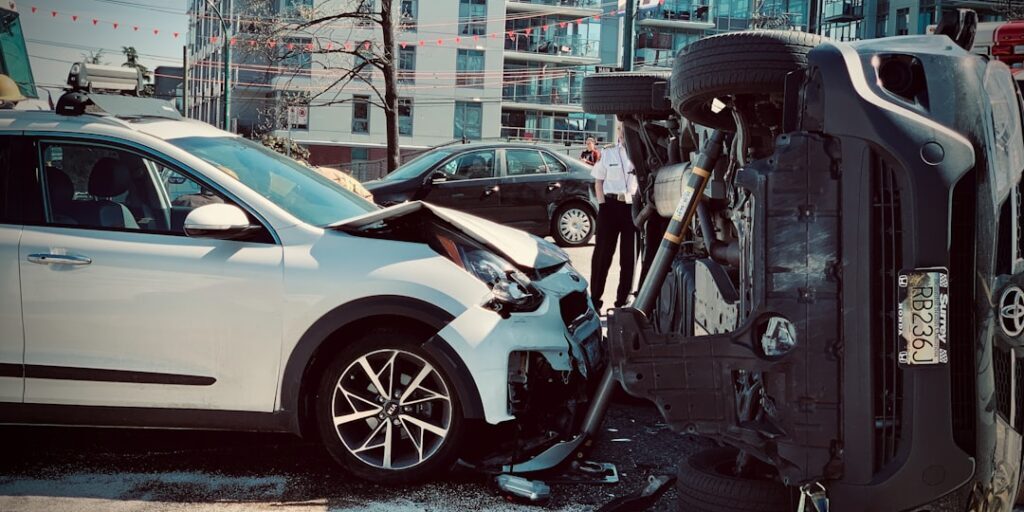
Finding Justice After an Uber Accident in Bucks County PA
Navigating Uber Accidents in Bucks County If you've been in an Uber or Lyft accident in Bucks County, here...
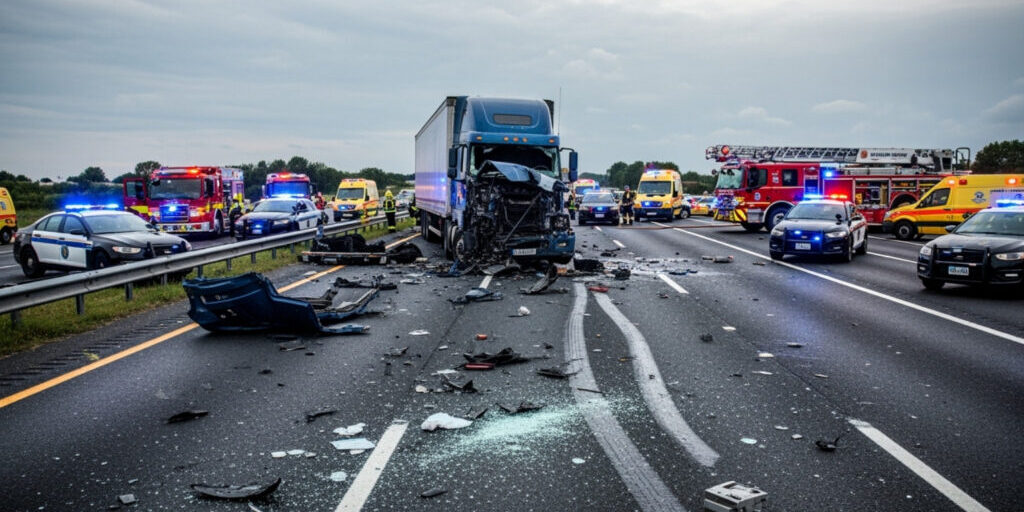
Truck Accident Troubles? Call an Experienced Lawyer Who Knows the Road
Why You Need an Experienced Truck Accident Lawyer After a Collision Collisions with commercial trucks, which can weigh up...
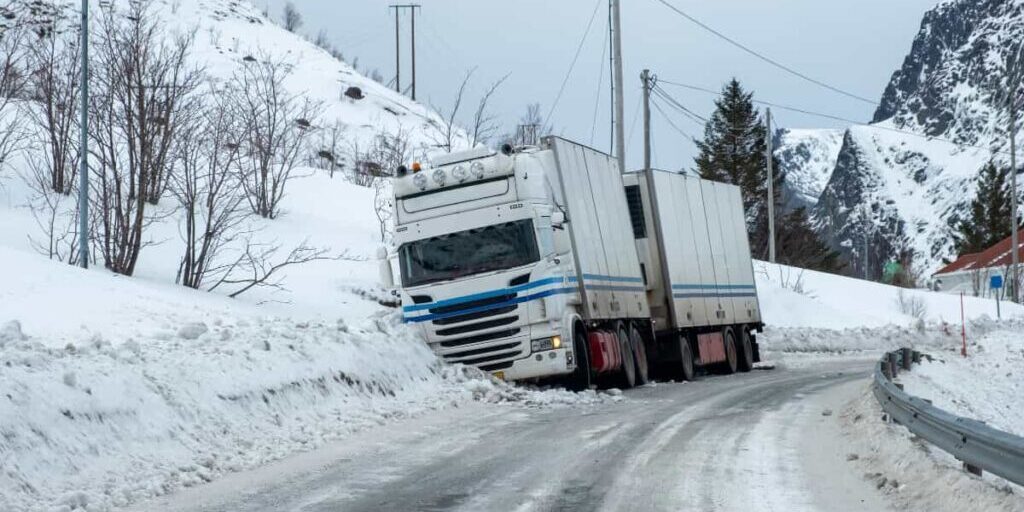
Don’t Settle for Less—Lancaster PA’s Best Accident Attorneys
Why Lancaster Accident Victims Need Legal Help Finding the right accident attorney lancaster pa can make the difference between...

Your Blueprint to Choosing a Harrisburg Construction Accident Attorney
The Dangers of Construction Work in Pennsylvania If you've been injured on a job site, finding a Harrisburg construction...
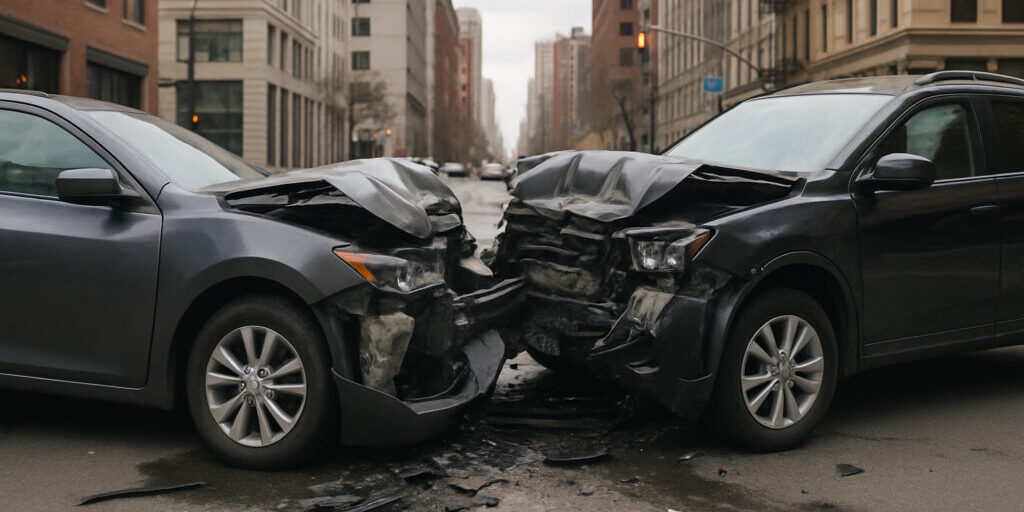
Your Quick Guide to Car Accident Updates in Harrisburg PA
Navigating the Aftermath of a Collision in Pennsylvania's Capital Car accident harrisburg pa incidents affect thousands of residents each...
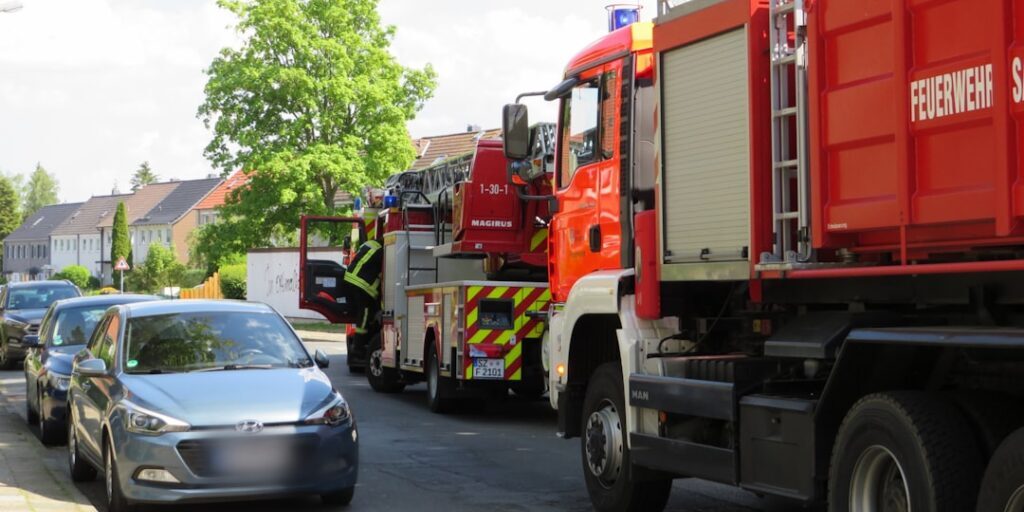
Car Accident Injury Lawyer Roundup – Who’s Got Your Back After a Crash?
Your First Step: Understanding Car Accident Injury Lawyers When you or a loved one suffers a serious injury caused...

Steer Clear of Trouble with a Car Accident Lawyer Bucks County PA Residents Trust
Why Bucks County Car Accident Victims Need Legal Help Fast Finding the right car accident lawyer bucks county pa...

Lawyers for Car Accidents: Your Guide to Legal Lifesavers
Why You Need a Car Wreck Lawyer After an Accident When you're dealing with the aftermath of a car...

Finding the Best Legal Services After a Car Accident
Why Car Accident Legal Services Matter After a Collision Car accident legal services provide critical support when you're dealing...
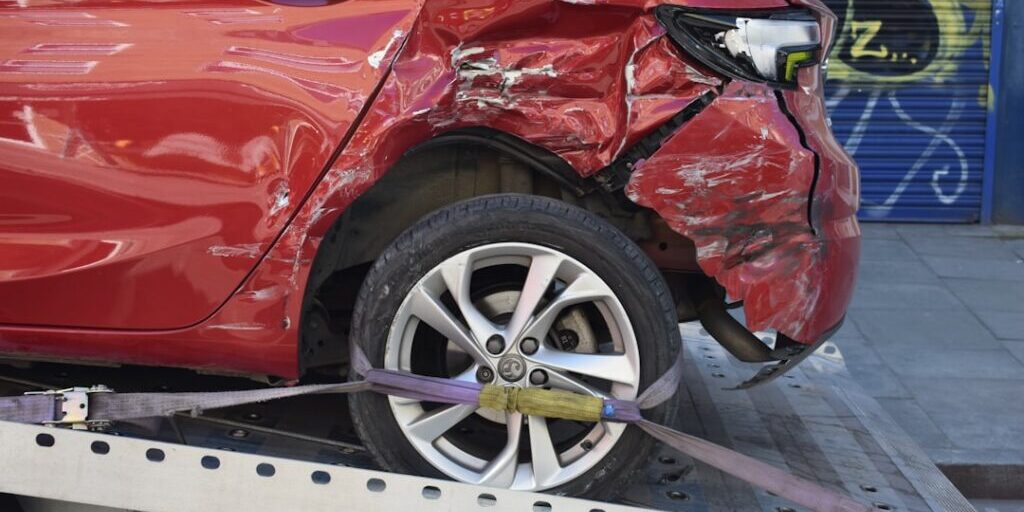
Steer Clear of Trouble with a Top Harrisburg Auto Injury Attorney
Why You Need a Harrisburg Auto Injury Attorney After Your Crash When you're hurt in a car accident in...

Wrecked in Philly? Meet Your New Favorite Car Accident Lawyer
Why Finding the Right Car Accidents Lawyer Near Me Philadelphia PA Changes Everything If you need a car accidents...

Car Accident Legal Advice Made Simple
Why Getting Car Accident Legal Advice Can Save You Thousands Car accident legal advice becomes critical the moment you're...

Serious Injuries, Serious Lawyers: Navigating Your Legal Options
Why Finding the Right Serious Personal Injury Lawyer Changes Everything When catastrophic injuries upend your life, a serious personal...
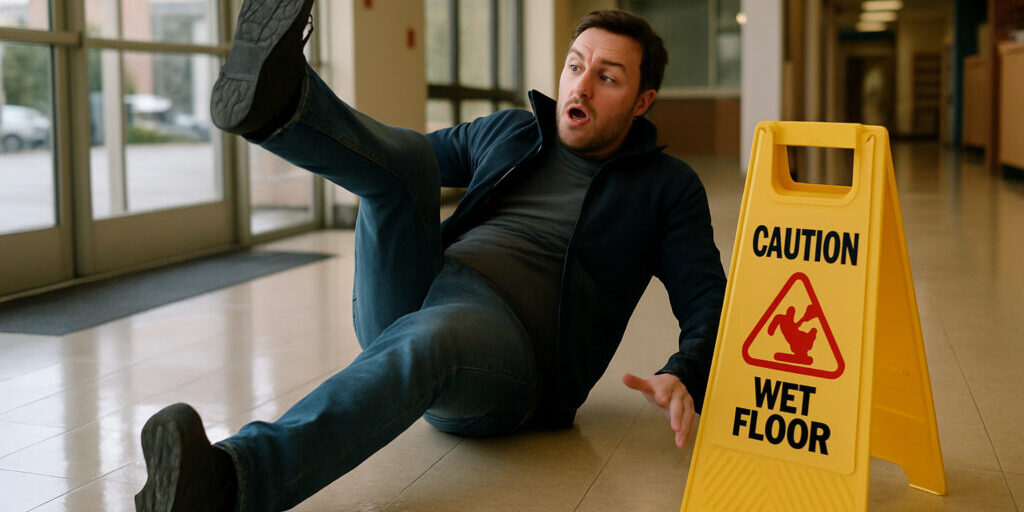
Your Go-To Guide for Slip and Fall Legal Advice
Why Understanding Slip and Fall Legal Rights Matters in Pennsylvania Slip and fall legal advice can make the difference...
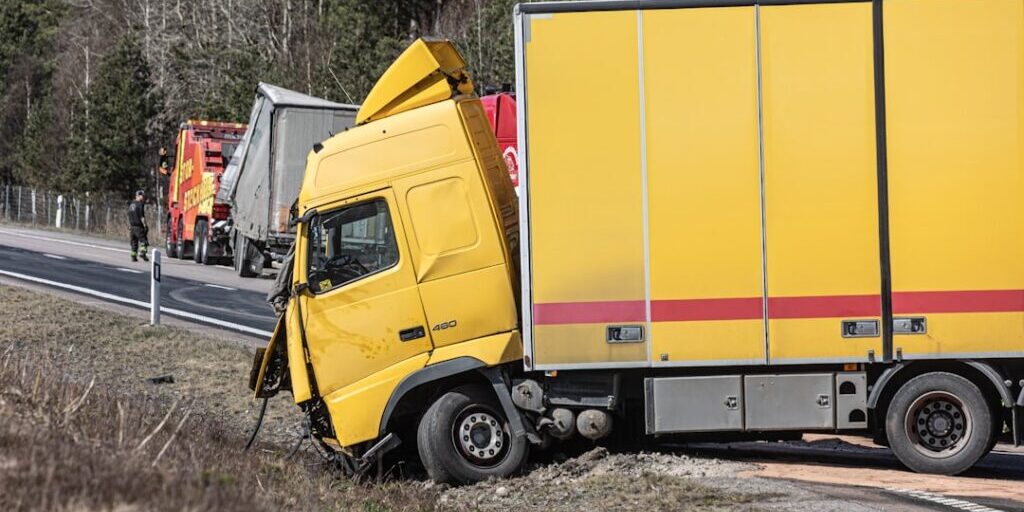
Truck Accident in Wilkes-Barre? Here’s How a Local Lawyer Can Help
Why Truck Accidents in Wilkes-Barre Require Immediate Legal Action If you need a Wilkes-Barre truck crash lawyer, you're likely...
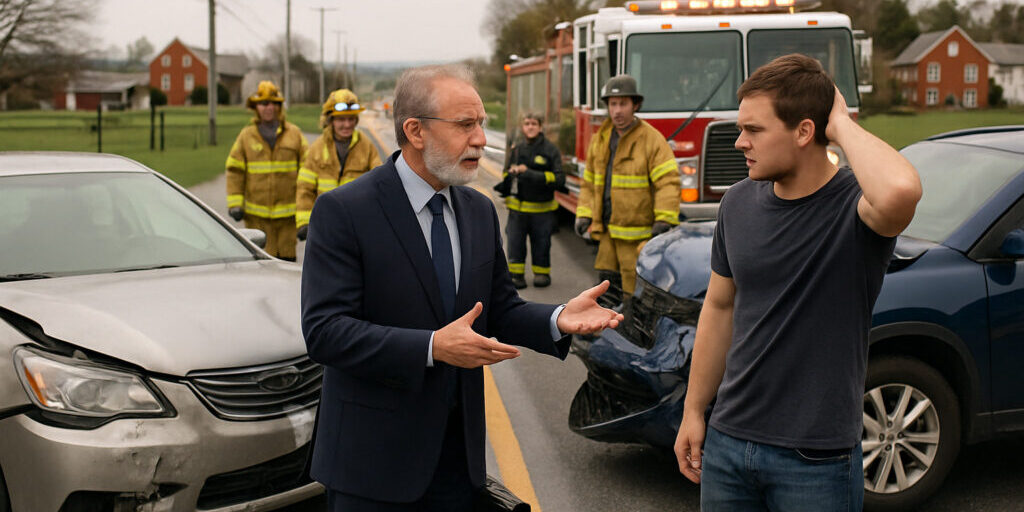
County Crash? Lancaster County Car Accident Lawyers to the Rescue!
Why Lancaster County Drivers Need Legal Help After a Crash When you need a car accident lawyer lancaster county, you're...
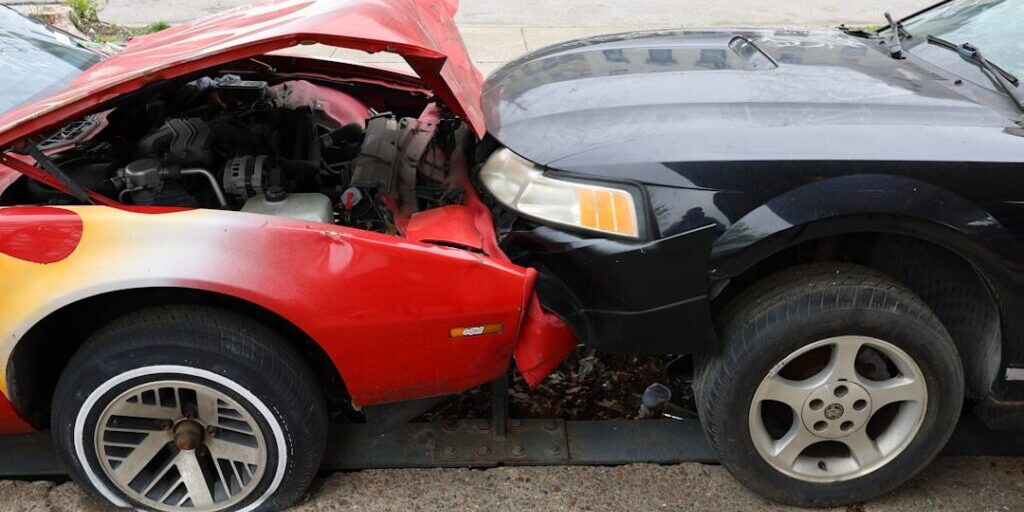
How Auto Accident Legal Support Can Ease Your Pain and Your Wallet
Why Auto Accident Legal Support Can Make or Break Your Recovery Auto accident legal support becomes crucial when you're facing...

Auto Injury Lawyer Near Me: Navigating Your Options
Finding Help After an Auto Accident Looking for an auto injury lawyer near me right now? Here's what you need...

Your Guide to Car Accident Lawsuits and Attorneys
Understanding the Role of a Car Accident Lawsuit Attorney Car accident lawsuit attorney is a term you'll see if you...

Car Accident Conundrum: When to Call an Injury Lawyer
When to Call an Injury Claim Lawyer After a Car Accident Injury claim lawyer car services are essential when you're...

The Ultimate Guide to Slip and Fall Injury Compensation
Navigating the Path to Recovery: Understanding Slip and Fall Claims A slip and fall injury claim is a legal action...

Truck Trouble? These Trucking Accident Law Firms Have Your Back
When Tragedy Strikes: Understanding Trucking Accident Law Firms Trucking accident law firms are legal practices focused on representing victims of...

Lawyer Up in Lancaster – Your Ultimate Attorney Directory
Finding Legal Help in Lancaster: Your Guide to Local Attorneys Lancaster lawyers offer a wide range of legal services to...
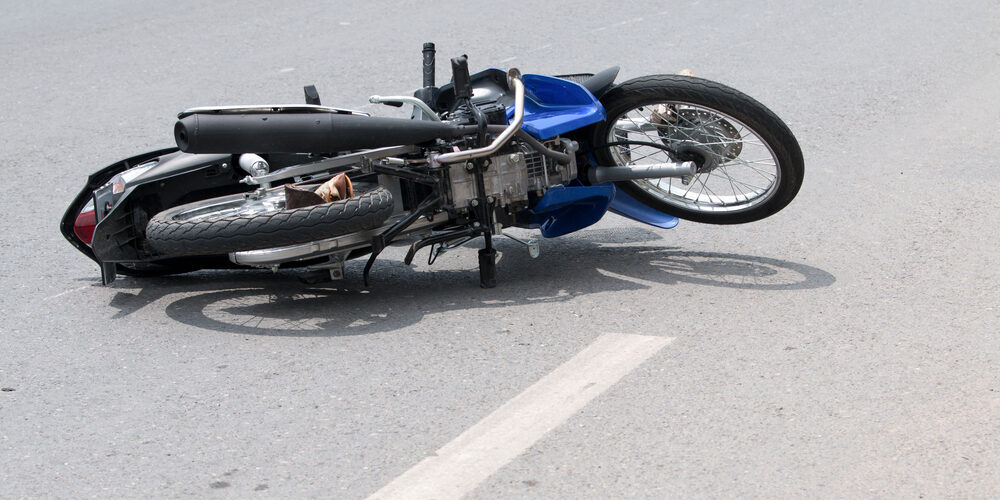
Your Guide to Understanding Pennsylvania Injury Attorneys
Finding Help After an Accident: What You Need to Know If you've been injured in an accident in Pennsylvania, a...

Accident Lawyers Near Me: A How-To Guide for Finding the Best
Finding Help After an Accident: Your First Steps If you're searching for a lawyer accident near me, here's what you...

Don’t Drive Yourself Crazy, Find a Car Accident Attorney Near You
Finding Support After the Crash: When You Need Legal Help Car accident attorney near me searches spike for a reason:...

What You Need to Know About Pennsylvania’s New ‘Paul Miller’s Law’ Targeting Distracted Driving
Starting June 5, 2025, Pennsylvania drivers will face new restrictions on mobile device use behind the wheel, thanks to the...

Workplace Woes? Harrisburg’s Best Injury Lawyers Can Help
Injured at Work? Your Rights to Compensation in Harrisburg If you've been hurt on the job in Pennsylvania, a Harrisburg...

Your Guide to a Successful Slip and Fall Attorney Consultation
Why a Slip and Fall Attorney Consultation Can Change Your Recovery A slip and fall attorney consultation is your first...

Steer Clear of Trouble with These Pennsylvania Auto Accident Lawyers
Why Pennsylvania Car Accident Victims Need Legal Help Fast Auto accident attorneys Pennsylvania guide injured drivers through the legal and...
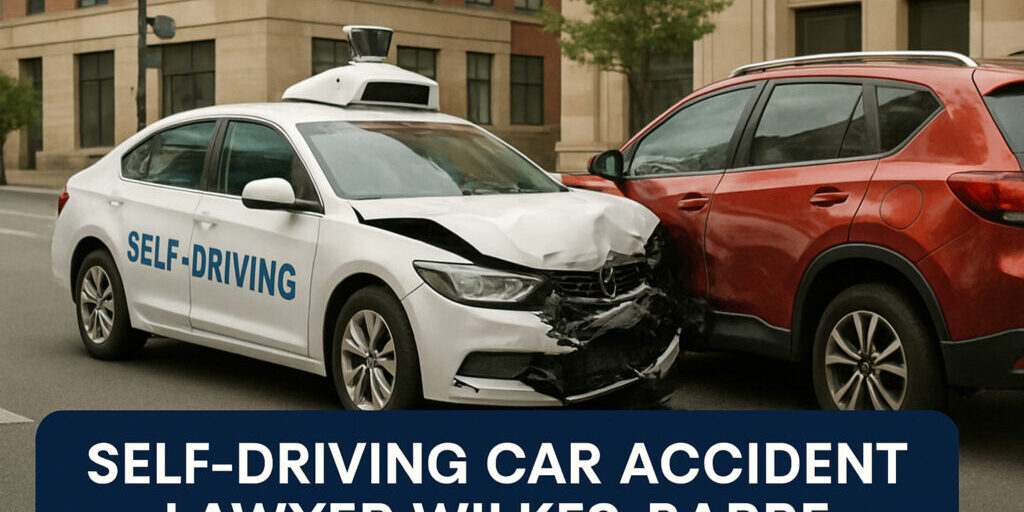
When AI Goes Awry – Finding a Self-Driving Car Accident Lawyer in Wilkes-Barre
When Self-Driving Technology Fails on Pennsylvania Roads Finding a self driving car accident lawyer wilkes barre becomes critical when autonomous...

Expert Tips on Hiring a Semi-Truck Accident Attorney
Why You Need a Commercial Truck Accident Lawyer After a Collision A Commercial truck accident lawyer handles legal cases involving...

Lancaster Personal Injury Lawyers Who Actually Win Cases (and Hearts)
Why Lancaster Accident Victims Need Local Legal Help If you've been hurt in an accident, finding the right personal injury...

Attorney Referrals After a Car Accident – Finding the Right Match
Why Car Accident Attorney Referrals Can Make or Break Your Case Car accident attorney referrals connect injured victims with qualified...

Road to Recovery: Selecting the Best Altoona Automobile Accident Lawyer
Finding Legal Support After an Altoona Crash If you've been in a collision and need an automobile accident lawyer in...

Navigating Personal Injury Claims: Top Harrisburg Attorneys
Finding Legal Support After an Accident in Harrisburg If you've been injured in an accident in Harrisburg, a Harrisburg personal...

Top Slip and Fall Injury Attorneys to Handle Your Case
When You Need Legal Help After a Slip and Fall If you're looking for a slip and fall accident attorney,...
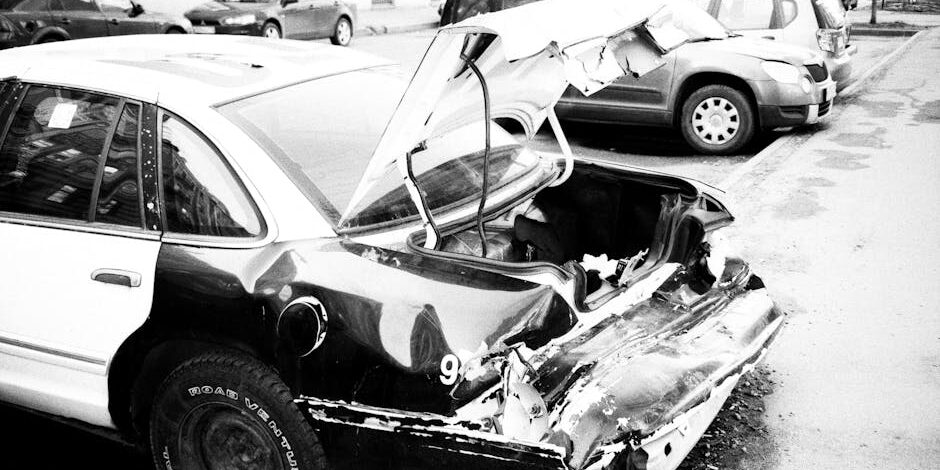
Wilkes-Barre Fatal Car Accident Lawyer Guide: Compassionate Legal Support
Facing Tragedy: When You Need a Fatal Car Accident Lawyer in Wilkes-Barre If you're searching for a fatal car accident...

Top Car Accident Attorneys in Pottsville Ready to Fight for You
Finding Support After a Pottsville Car Crash If you've been injured in a collision, a car accident attorney Pottsville can...
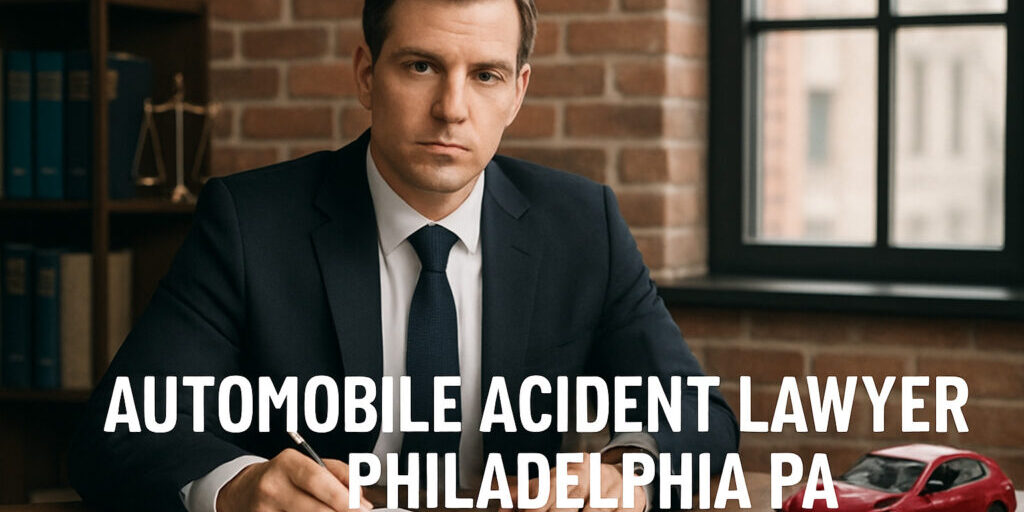
Crash Course: Choosing the Right Philadelphia Automobile Accident Lawyer
Finding Justice After a Philadelphia Auto Accident If you need an automobile accident lawyer Philadelphia PA, here's what you need...
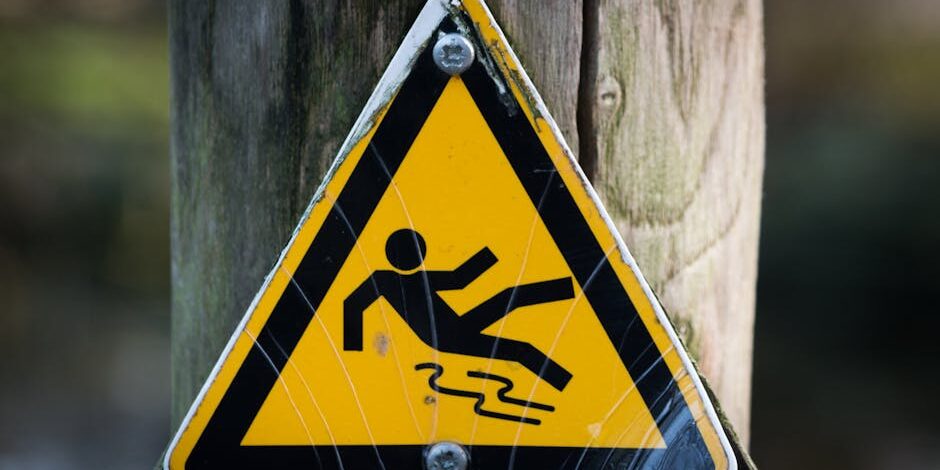
Local Slip and Fall Lawyers Ready to Catch Your Case
When the Ground Gives Way: Finding Your Local Legal Support Looking for a local slip and fall lawyer? Here's what...

After a Crash: Why You Need an Auto Accident Claim Lawyer
The moments after a car accident can feel overwhelming. You're dealing with injuries, vehicle damage, and a flood of questions...

Metzger Wickersham Announces Road to Safety Winners
Firm Awards Three Pennsylvania Seniors for Advocating Safe Driving One Month Before Paul Miller's Law Takes Effect (May 9,...

Metzger Wickersham Names Road To Safety Scholarship Winners
According to the United States Census, there are more than 13 million people living in Pennsylvania. That means that on...

Wilkes-Barre Personal Injury Attorney Guide: Turning Pain into Gain
When Accidents Upend Your Life: Finding Help After Injury A Wilkes-Barre personal injury attorney provides legal representation to those injured...

Truck Accident in Harrisburg? Here’s How to Find the Best Local Lawyer
Finding Justice After a Catastrophic Truck Collision If you need a harrisburg truck accident lawyer, here's a quick guide to...

Trucking Through Legal Challenges: Philadelphia’s Best Commercial Vehicle Accident Lawyers
Navigating the Aftermath of Commercial Vehicle Crashes Commercial vehicle accident lawyers in Philadelphia help victims pursue compensation after crashes involving...

Decoding the Fine Print: When to Hire an Accident Insurance Lawyer
When the Fine Print Becomes a Roadblock: Understanding Accident Insurance Claims Accident insurance lawyers help injured individuals steer complex insurance...

Don’t Slip Up Choosing Your Harrisburg Slip and Fall Attorney
Understanding Your Rights After a Slip and Fall in Harrisburg If you're looking for a Harrisburg slip and fall attorney,...

Big Rig Trouble? Here’s How to Find the Right Accident Lawyer
When Disaster Strikes on the Highway The moment after a semi-truck collision changes everything. Your world turns upside down...

Steering Clear of Trouble with a Car Accident Lawyer Wilkes-Barre Drivers Trust
When & Why to Call a Car Accident Lawyer Wilkes-Barre Residents Rely On The moments after a car crash...
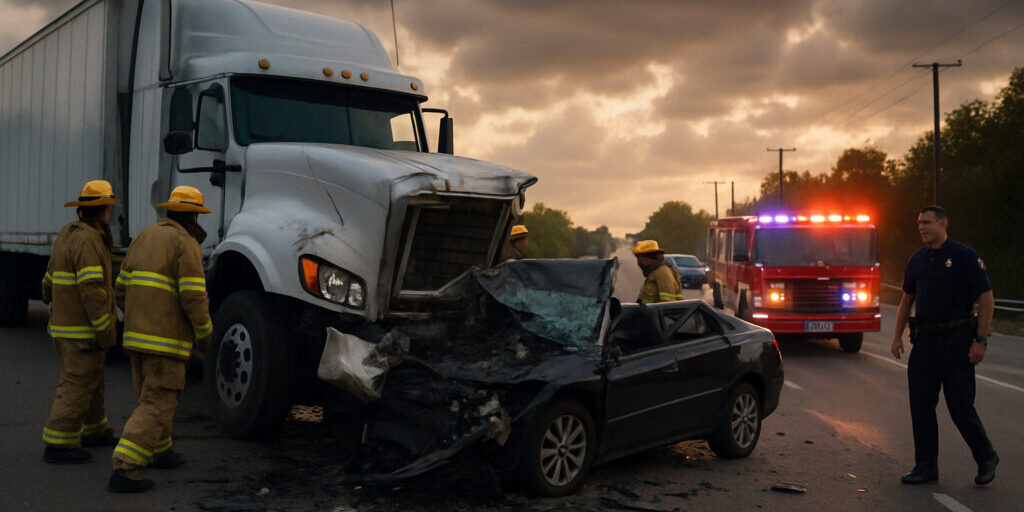
Navigating Justice After a Truck Accident – Your Guide to Legal Representation
When Trucks and Lives Collide: Understanding Your Legal Options An Attorney for truck accidents offers vital protection when your...
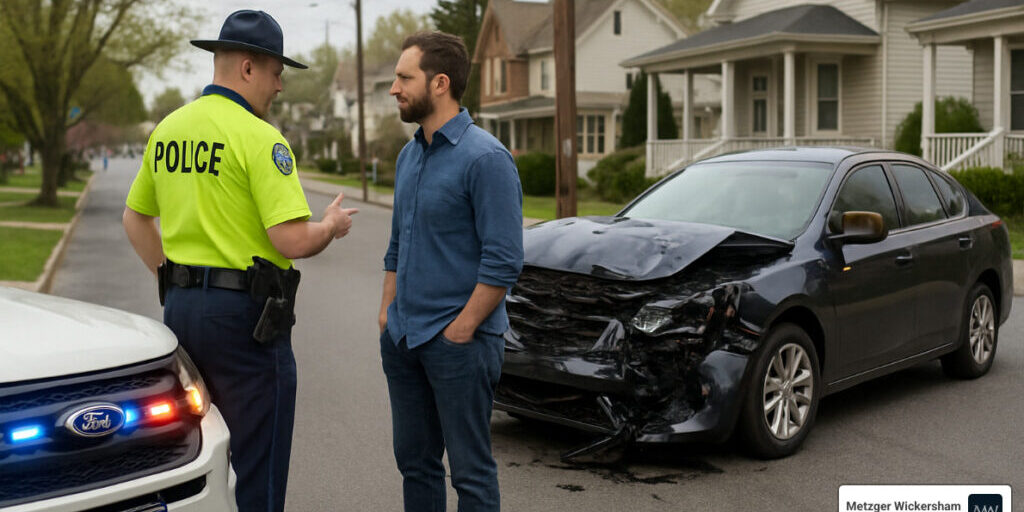
Uninsured Motorist Claims: A Pennsylvania Lawyer’s Guide to Getting Compensated
Introduction The moment you realize the driver who just crashed into you has no insurance can feel like your...

Free Accident Lawyer Consultation: What You Need to Know Before You Go
What to Expect During a Free Consultation Accident lawyer consultation is a free, no-obligation meeting with a personal injury...

Maximize Your Settlement with a Car Accident Compensation Lawyer
When You Need a Car Accident Compensation Lawyer The moments after a car crash can feel overwhelming. As the...

Two Wheels, One Lawyer: Your Guide to Harrisburg Motorcycle Accident Attorneys
When the Road Turns Against You: Finding Help After a Crash The open road around Harrisburg offers some of...

Securing Justice: Finding a Personal Injury Lawyer in Harrisburg
When You Need Legal Help After an Accident Life can change in an instant after an accident. When you're...

7 Practical Ways to Find a Car Accident Lawyer in Lancaster
Finding Legal Support After a Lancaster Car Crash The shock of screeching tires and crumpling metal can leave you...
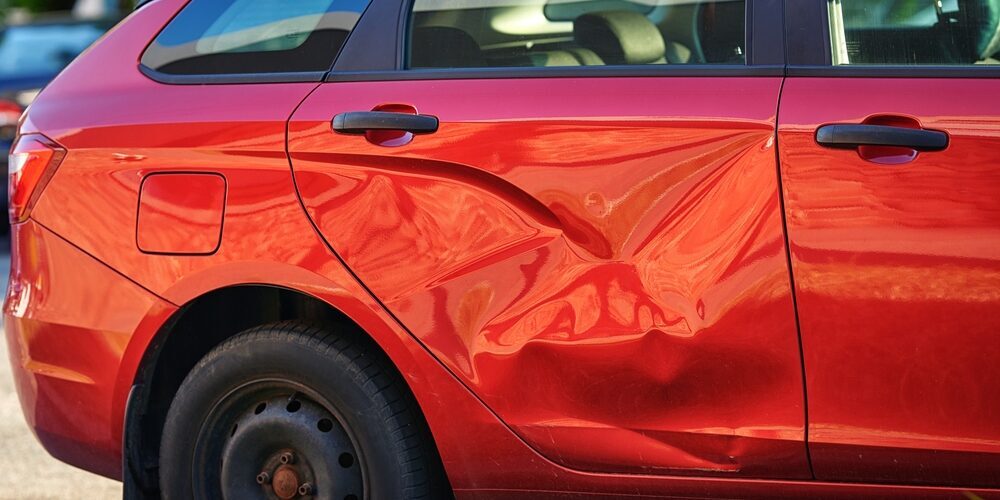
Crash Course: How to Choose a Pennsylvania Motor Vehicle Accident Lawyer
Finding Your Path After a Pennsylvania Car Crash The moments after a car crash can feel overwhelming. If you're...
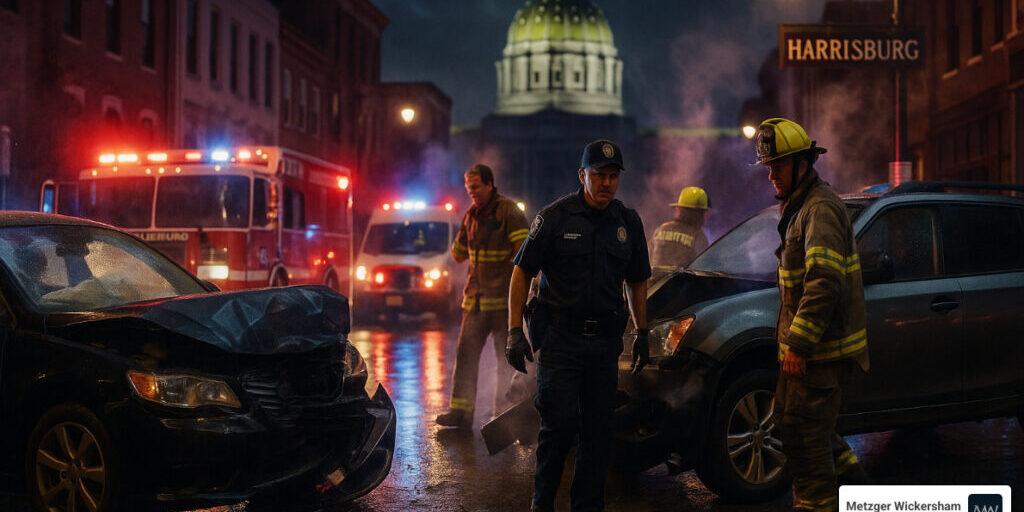
A Quick Start Guide to Car Accident Lawyers in Harrisburg
Finding Legal Help After Your Harrisburg Car Crash If you need a car accident lawyer Harrisburg right now, here's...

A Comprehensive Guide to Pennsylvania Car Accident Lawyers
Navigating the Aftermath of a Pennsylvania Car Accident If you're searching for a pennsylvania car accident lawyer, here's what...

Allentown, PA Car Accident Lawyers: A Comparative Guide
Finding the Right Legal Support After an Accident If you're searching for Allentown Pennsylvania car accident lawyers, you likely...

Your Guide to Finding a Car Accident Attorney in Harrisburg
Navigating the Aftermath of a Car Accident in Harrisburg If you've been involved in an accident and need a...
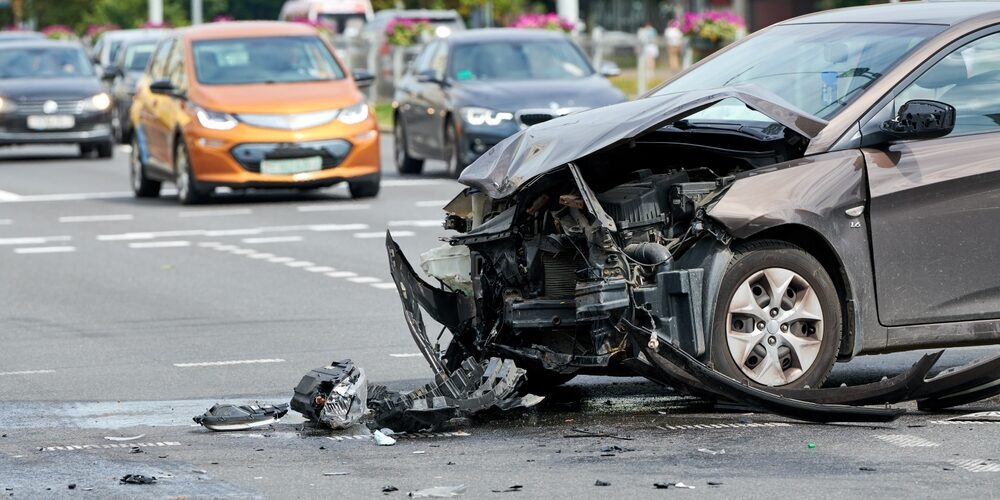
El Papel de un Abogado de Accidentes Automovilísticos en Allentown en Su Caso
Cuando usted se está recuperando de un accidente automovilístico, lo último que necesita es el estrés adicional de navegar solo...

Harrisburg Car Injury Attorneys: Your Guide to Legal Success
Why a Harrisburg Car Injury Attorney is Essential After Your Accident If you've recently been injured in a Harrisburg...
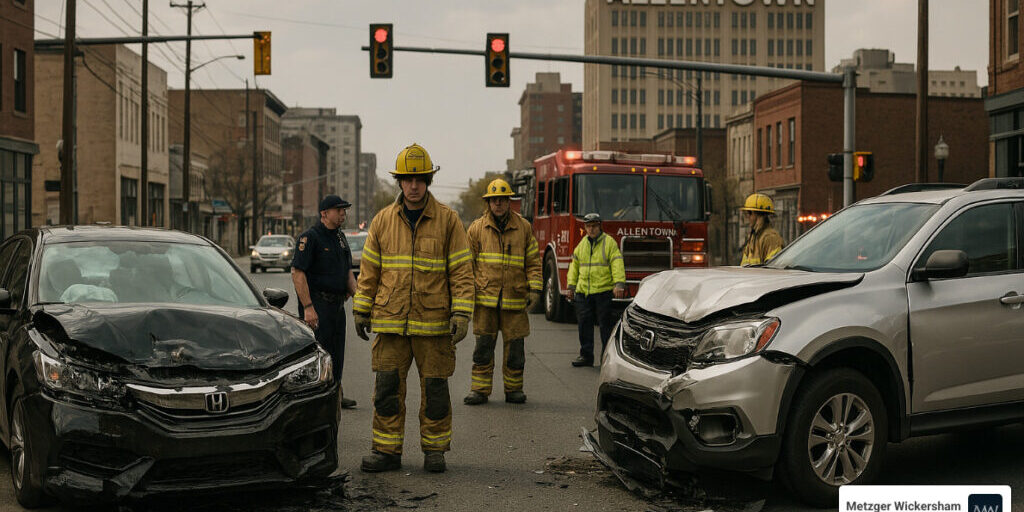
Crash Course: Choosing the Right Allentown Car Accident Lawyer
Why Hiring an Allentown Car Accident Lawyer Matters If you've recently been hurt in a car accident and need...

Curso Intensivo: Cómo Elegir al Abogado de Accidentes Automovilísticos en Allentown
Por Qué Contratar a un Abogado de Accidentes Automovilísticos en Allentown Es Importante Si usted ha resultado lesionado recientemente en...
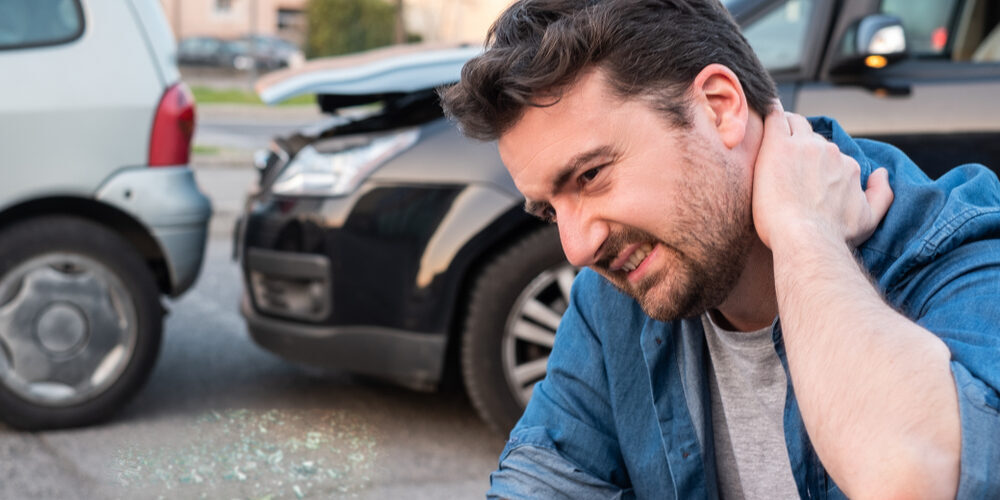
Líneas de Vida Legales: Navegando Consejos Legales sobre Accidentes Automovilísticos
Cuando la Vida da un Giro Inesperado: Consejos Legales sobre Accidentes Automovilísticos Consejos legales sobre accidentes automovilísticos son cruciales inmediatamente...
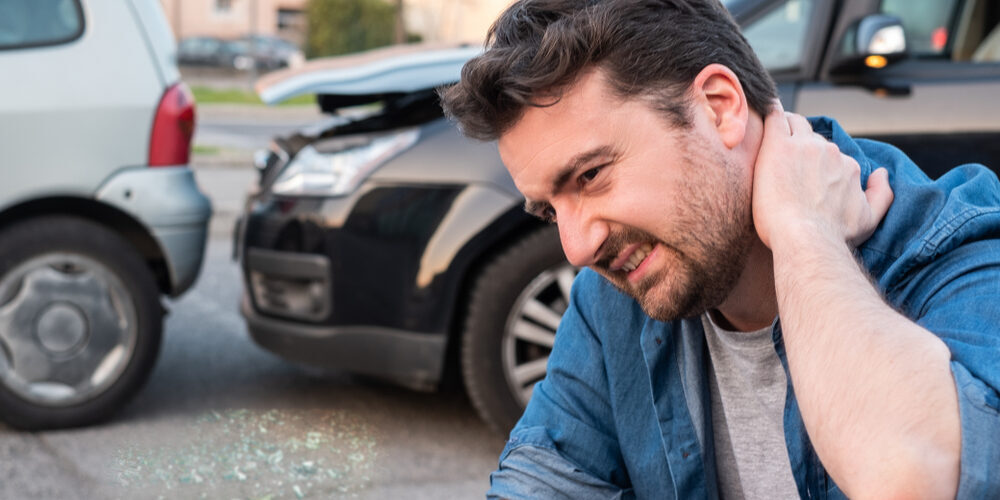
Legal Lifelines: Navigating Car Accident Advice
When Life Takes a Sudden Turn: Car Accident Legal Advice Car accident legal advice is crucial immediately after a...
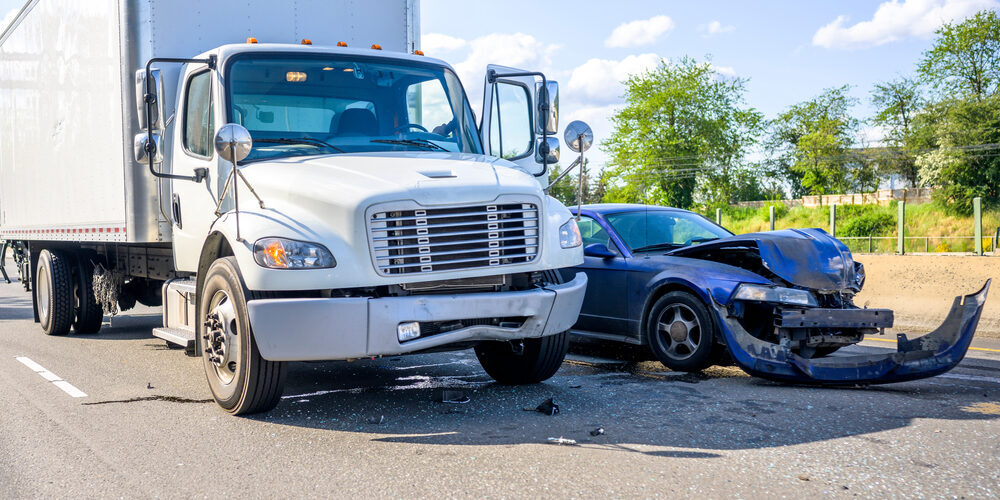
Step-by-Step Guide to Finding a Truck Accident Lawyer in Harrisburg
If you're looking for a truck accident lawyer harrisburg, you want prompt and effective legal representation to secure the...
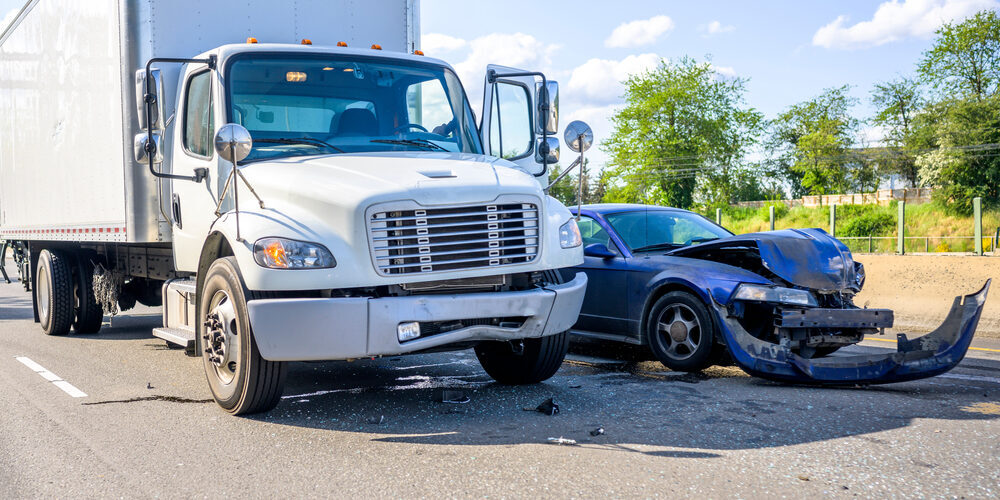
Guía Paso a Paso para Encontrar un Abogado de Accidentes de Camiones en Harrisburg
Si está buscando un abogado de accidentes de camiones en Harrisburg, desea una representación legal rápida y eficaz para asegurar...
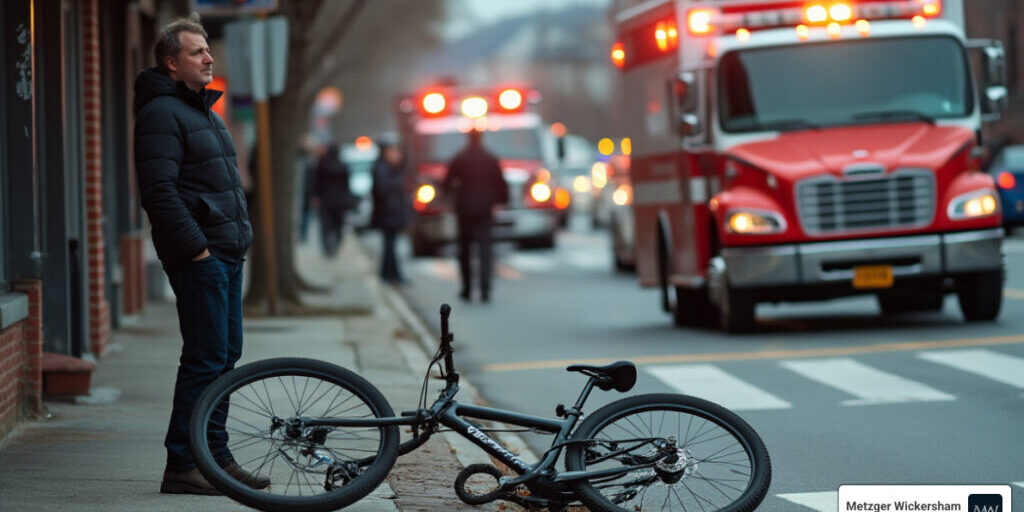
Harrisburg Bike Accident Lawyers: Paving the Way to Justice
In the busy streets of Harrisburg, cyclists face various risks every day. Harrisburg bike accident lawyer services are crucial...

Abogados de Accidentes de Bicicleta en Harrisburg: Allanando el Camino Hacia la Justicia
En las concurridas calles de Harrisburg, los ciclistas enfrentan diversos riesgos cada día. Los servicios de un abogado de accidentes...

Su Guía de Vecindario para Abogados de Lesiones por Accidentes Automovilísticos
Cuando se ve involucrado inesperadamente en un accidente automovilístico, se siente como si su mundo se hubiera puesto patas arriba....
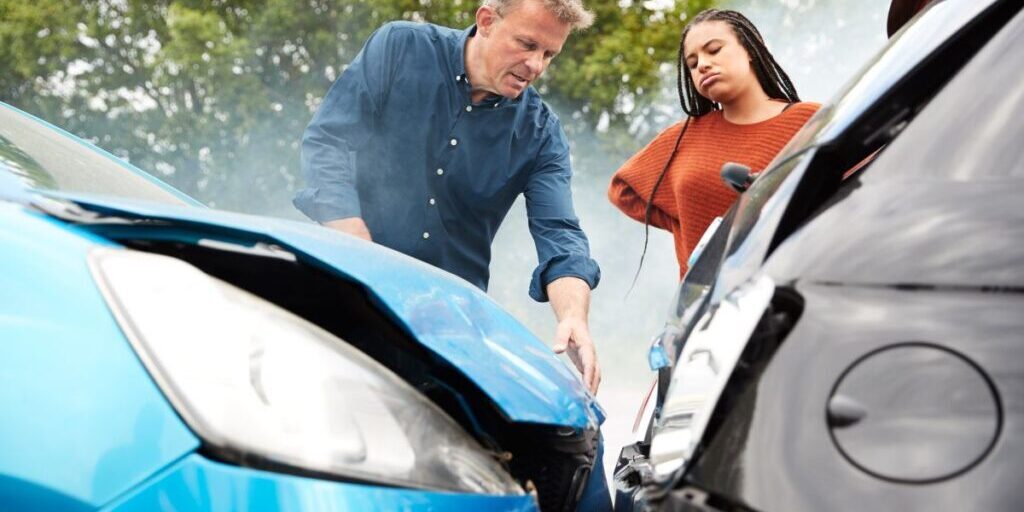
Your Neighborhood Guide to Car Accident Injury Lawyers
When you're unexpectedly involved in a car accident, it feels like your world has turned upside down. The immediate...

Asegurando Representación Legal para Accidentes de Camiones: Una Guía Integral
La representación legal para accidentes de camiones es crucial si está buscando justicia después de una colisión grave. Ya sea...

Securing Legal Representation for Truck Accidents: A Comprehensive Guide
Truck accident legal help is crucial if you're seeking justice after a severe collision. Whether you're overwhelmed by the...
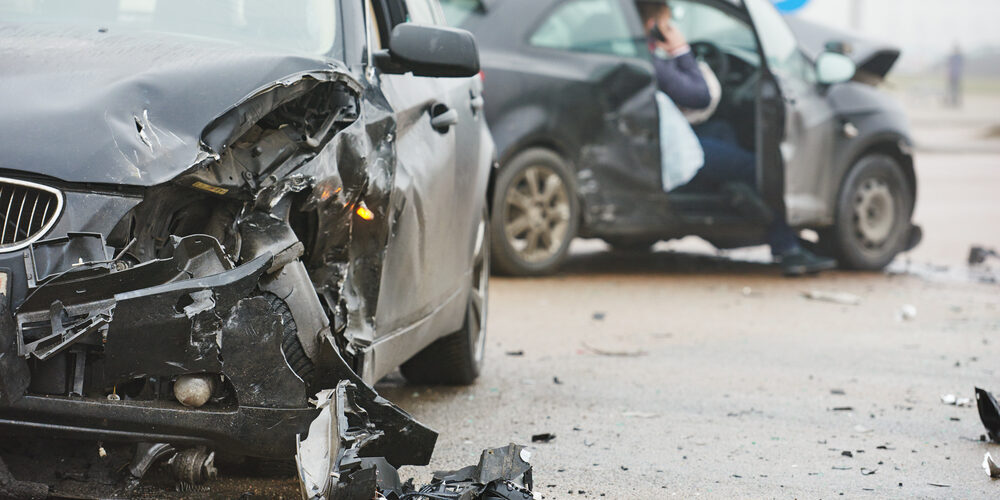
Su Guía para Encontrar un Abogado de Accidentes Automovilísticos Cercano
Abogado de accidentes automovilísticos cercano. Navegar por las secuelas de un accidente automovilístico puede ser abrumador, especialmente cuando se trata...
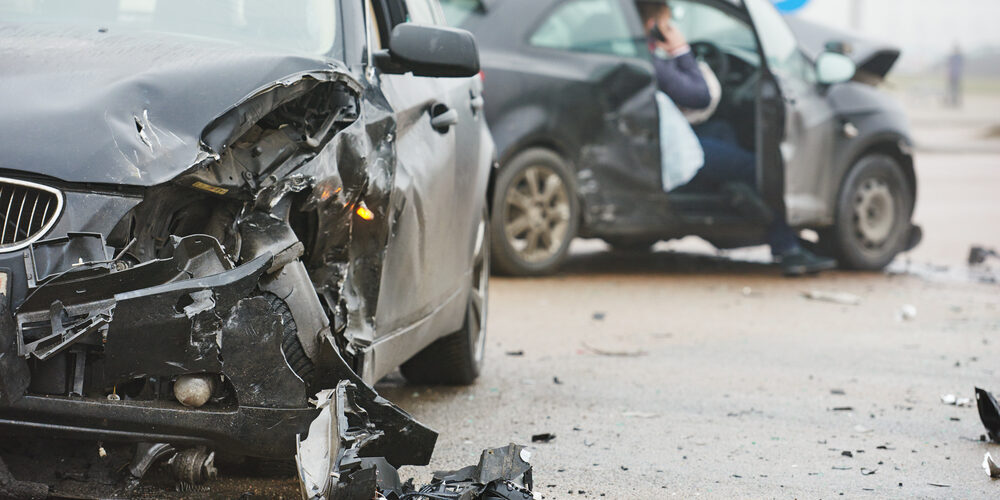
Your Guide to Finding a Nearby Auto Accident Attorney
Auto accident lawyer near me. Navigating through the aftermath of a car accident can be overwhelming, especially when dealing...
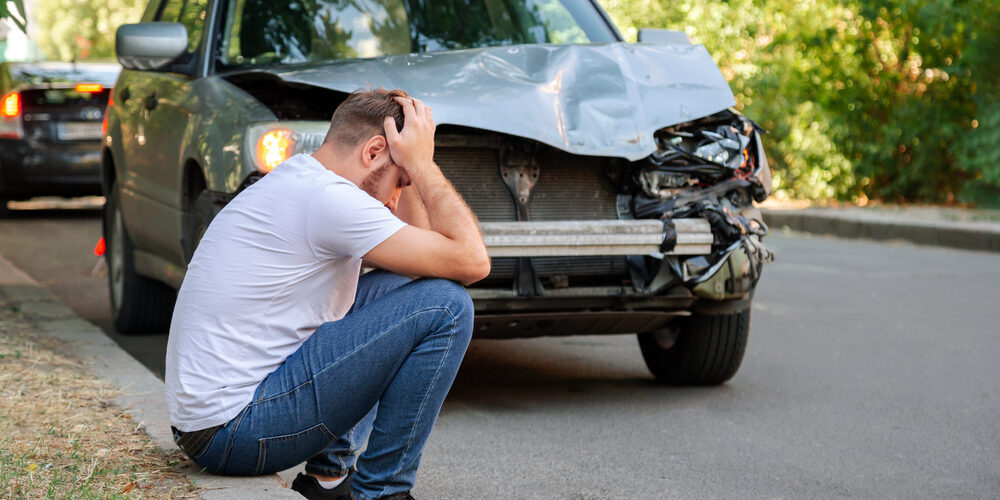
En el Asiento del Conductor: Eligiendo un Abogado de Accidentes de Vehículos Motorizados en Filadelfia
Los servicios de un abogado de accidentes de vehículos motorizados en Filadelfia, PA, son cruciales para cualquier persona involucrada en...
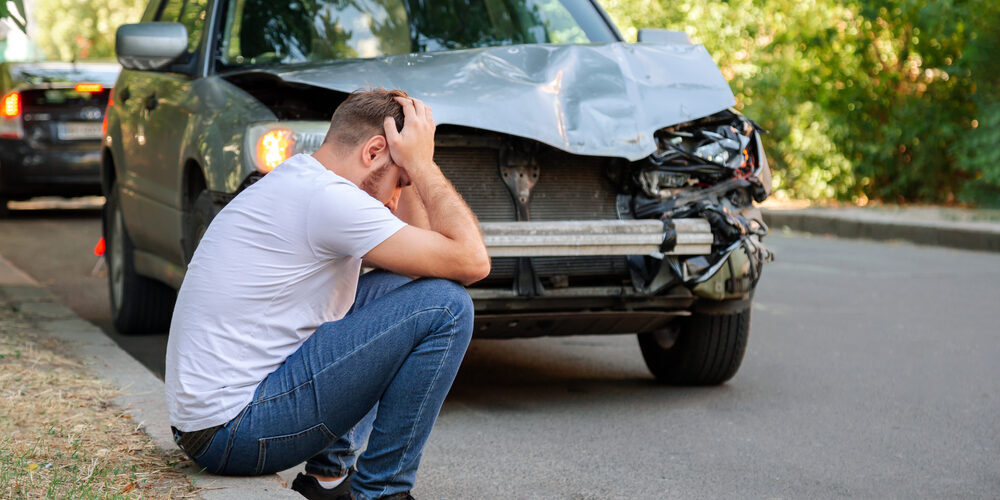
In the Driver’s Seat: Choosing a Motor Vehicle Accident Lawyer in Philadelphia
Motor vehicle accident attorney philadelphia pa services are crucial for anyone involved in a car accident, which can turn...

Cerca de Casa: Eligiendo un Abogado de Lesiones Personales para Negligencia Médica
Buscar un abogado de lesiones personales para negligencia médica significa que necesita apoyo local inmediato para manejar problemas legales complejos...

Close to Home: Choosing a Personal Injury Lawyer for Medical Malpractice
Searching for a personal injury lawyer near me for medical malpractice means you need immediate, local support to handle...
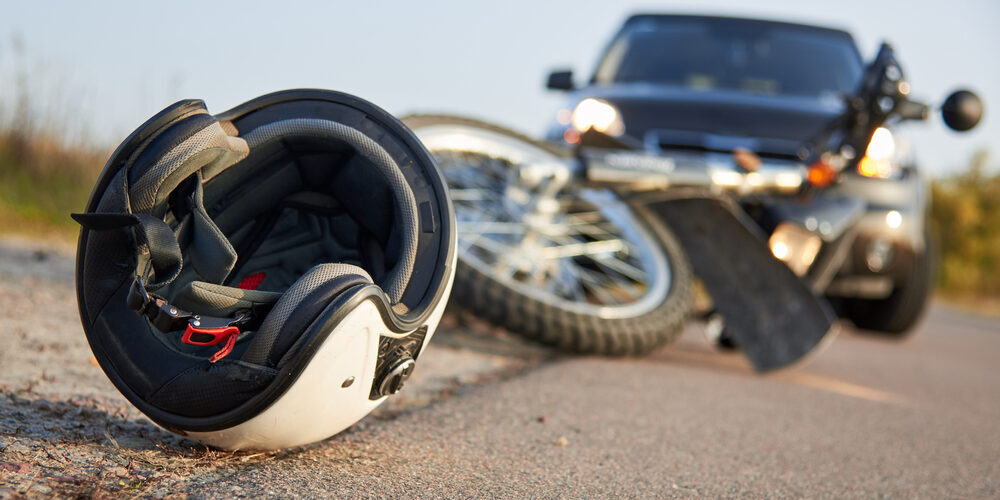
Abogados de Accidentes de Motocicleta en Harrisburg: Dirigiéndole Hacia la Justicia
La asistencia de los abogados de accidentes de motocicleta en Harrisburg puede ser crucial después de un choque, especialmente cuando...
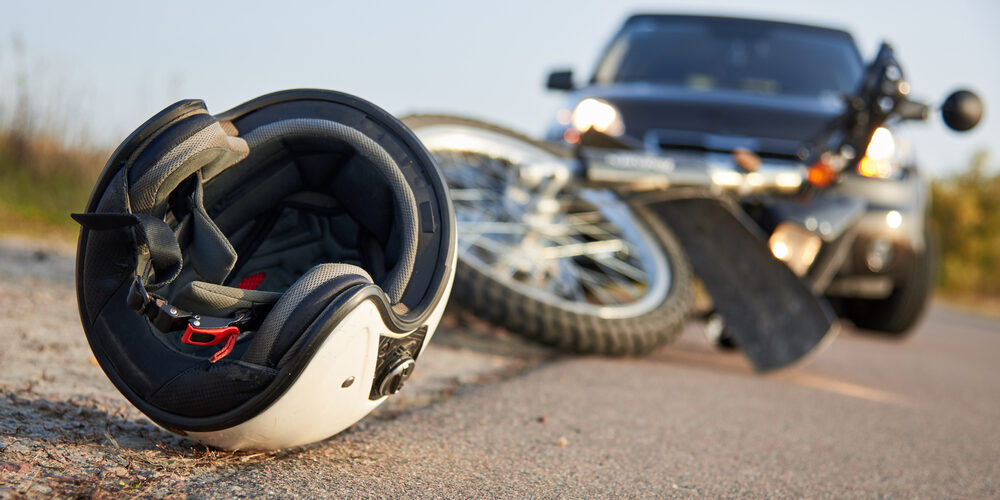
Harrisburg Motorcycle Accident Lawyers: Steering You Towards Justice
Harrisburg motorcycle accident lawyer assistance can be crucial after a crash, especially when you're overwhelmed by medical bills and...


